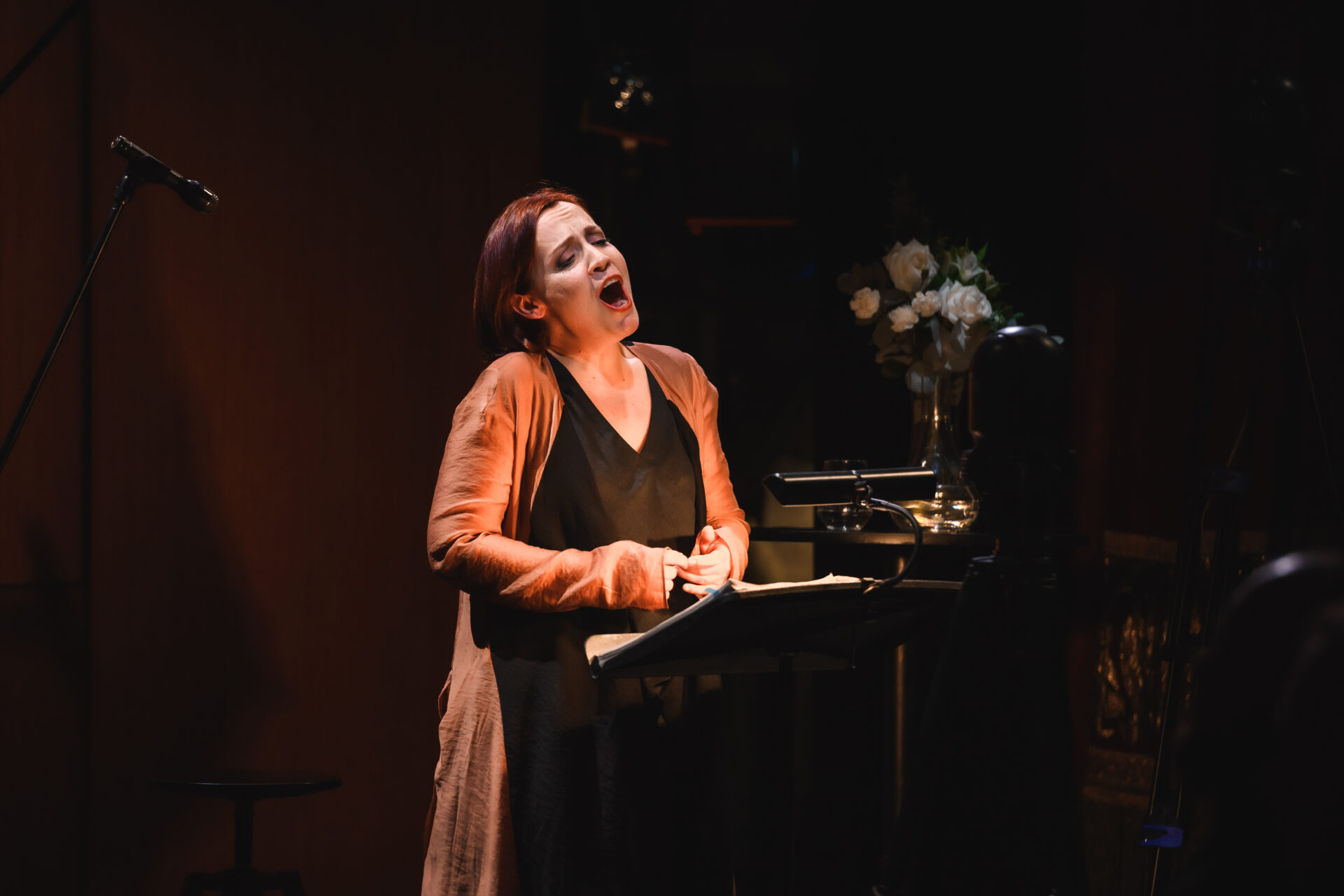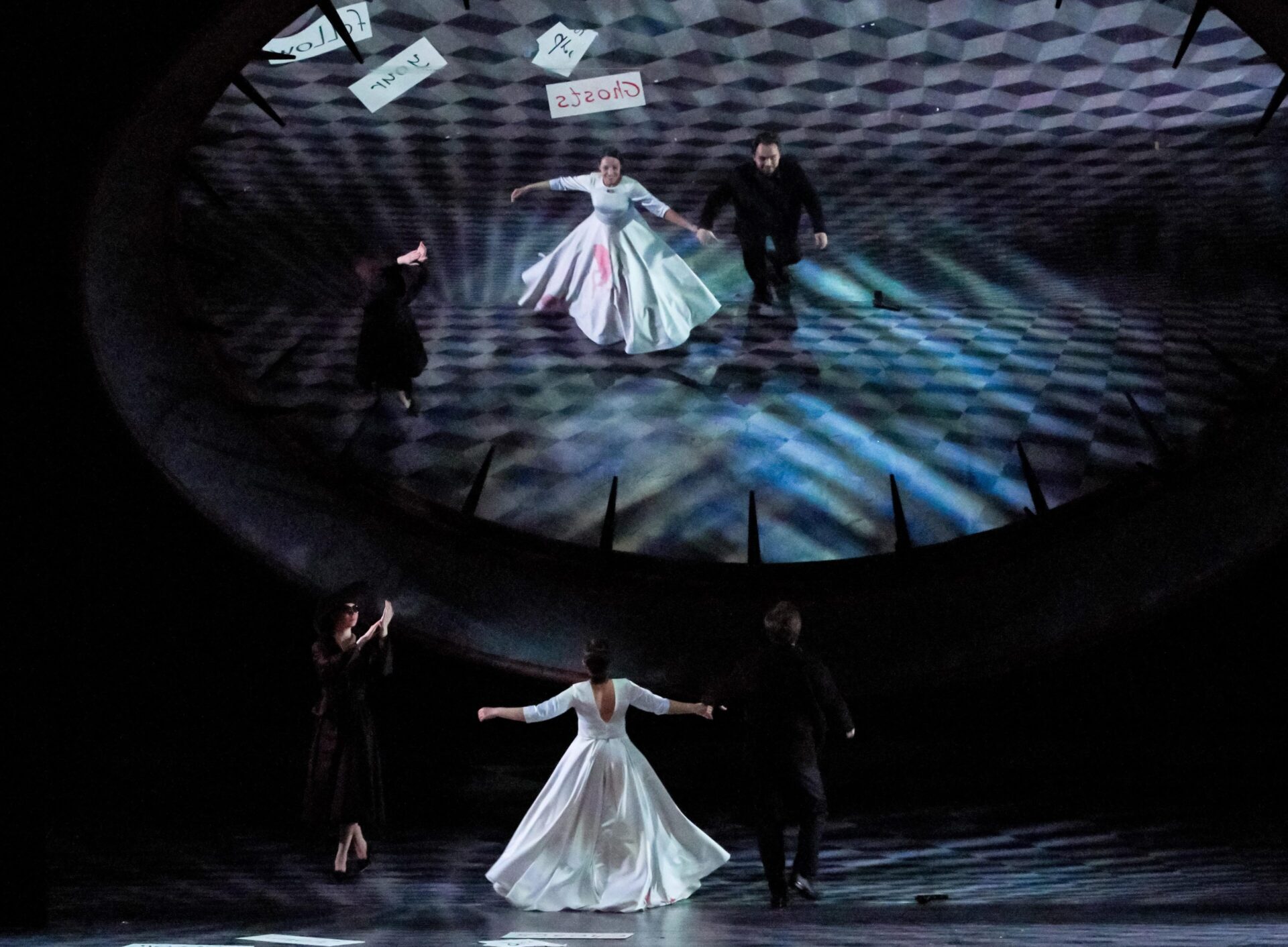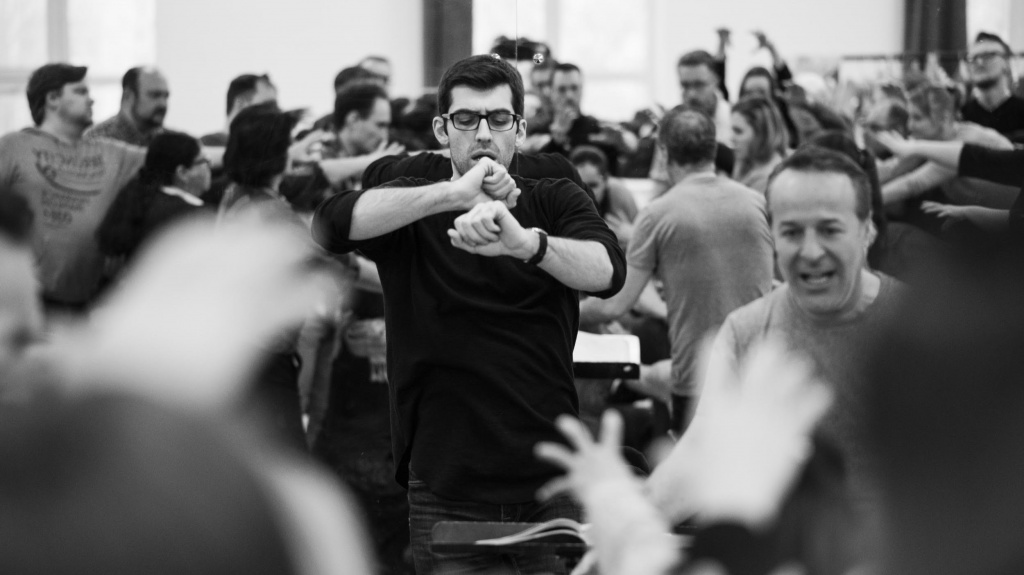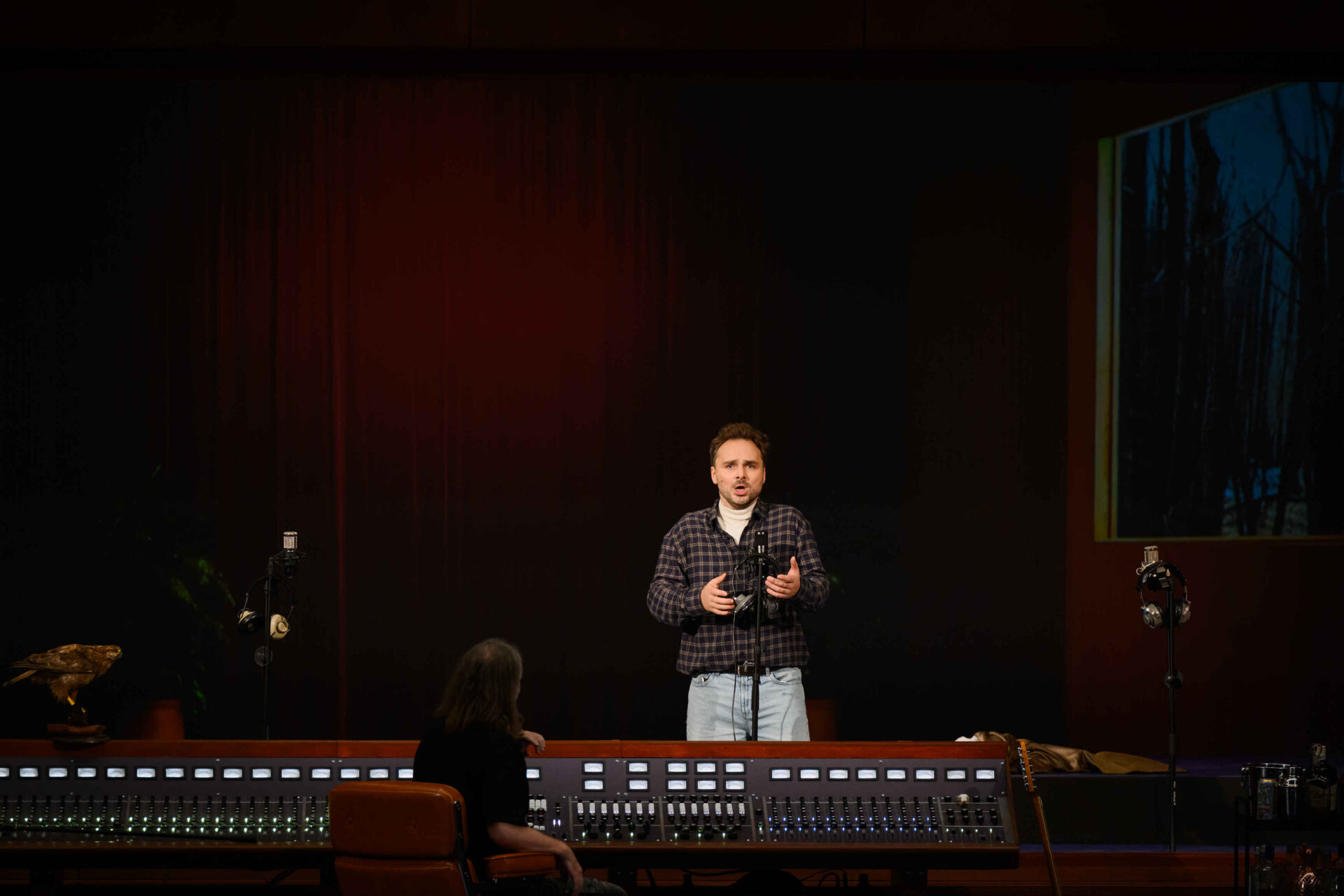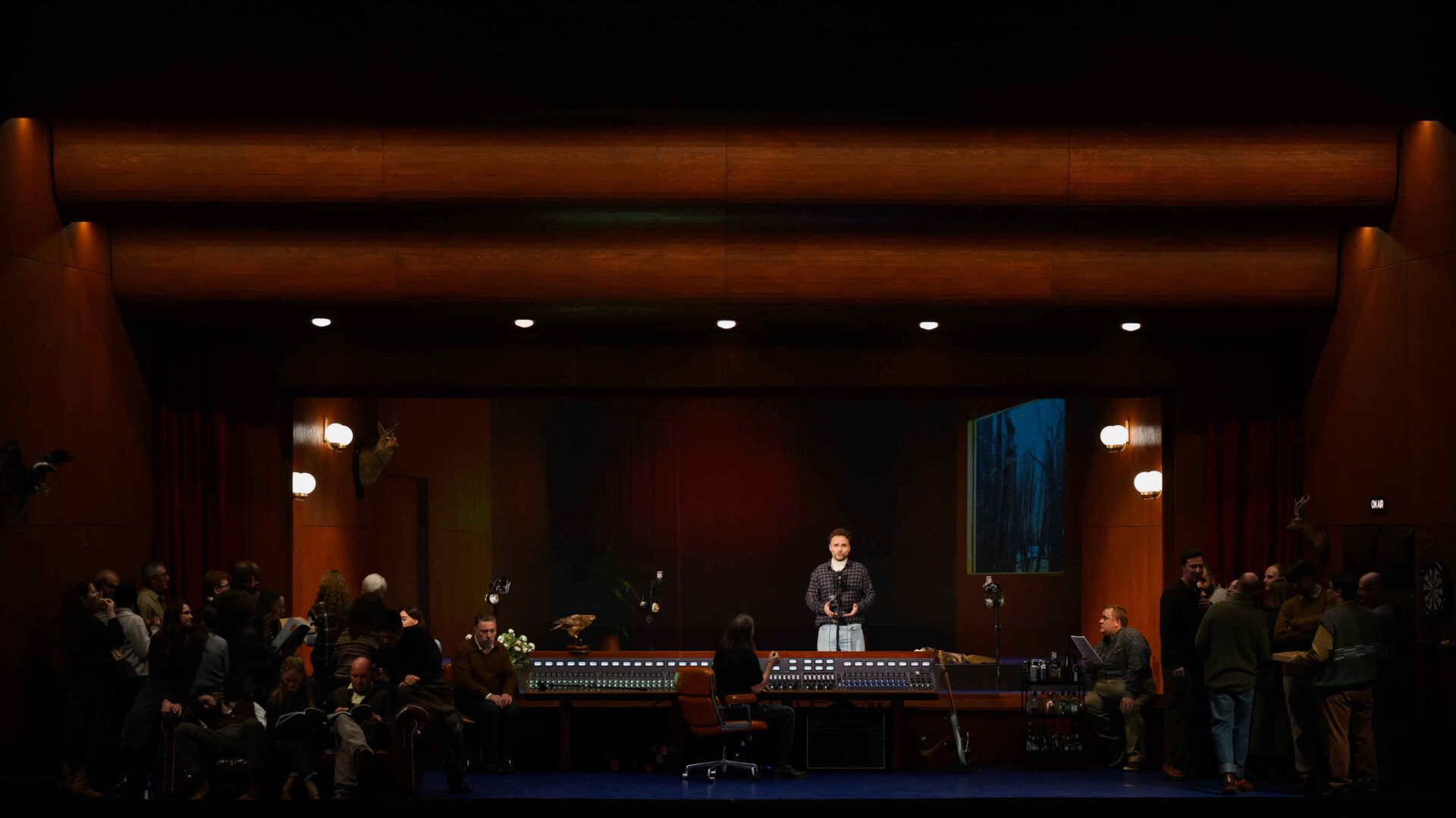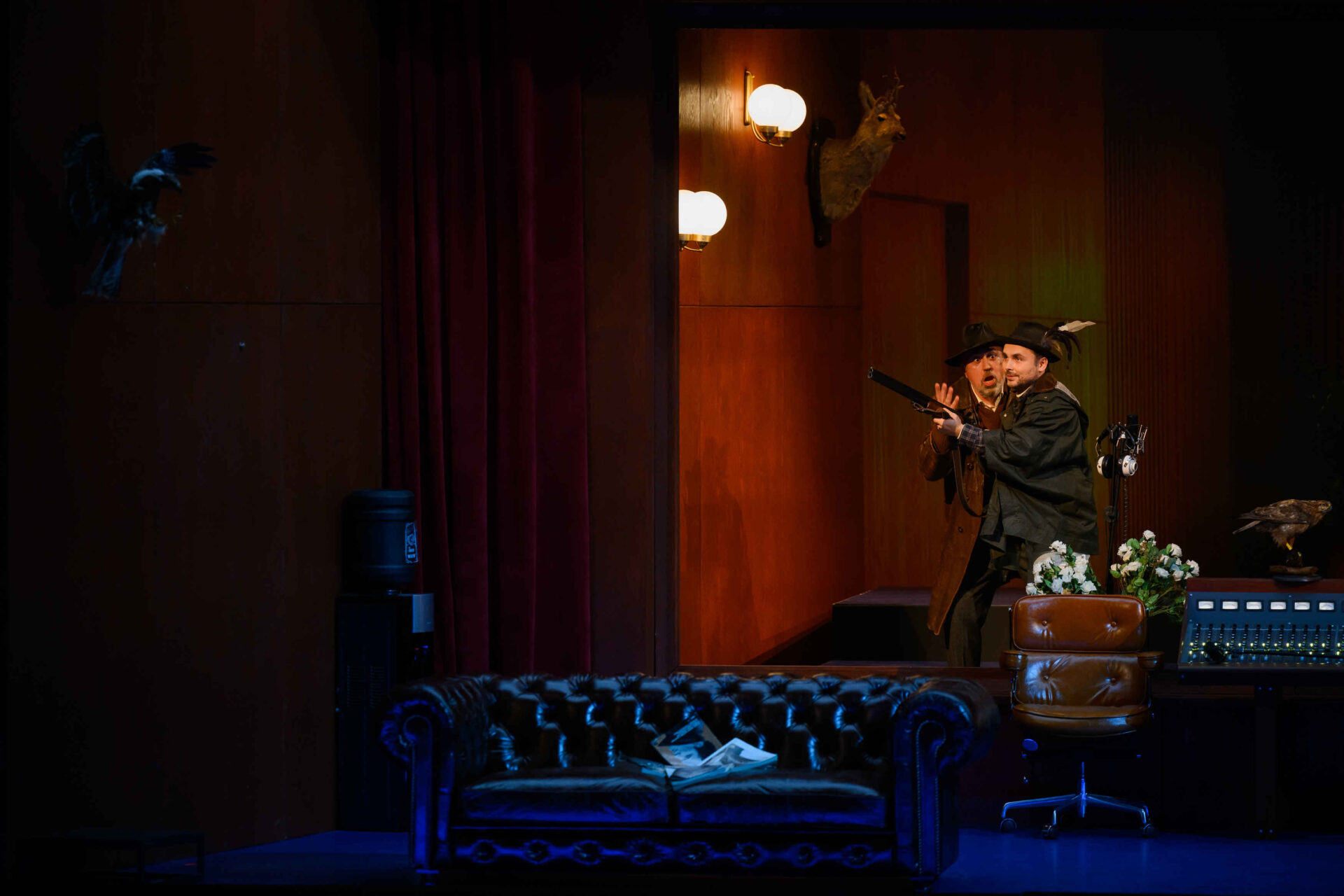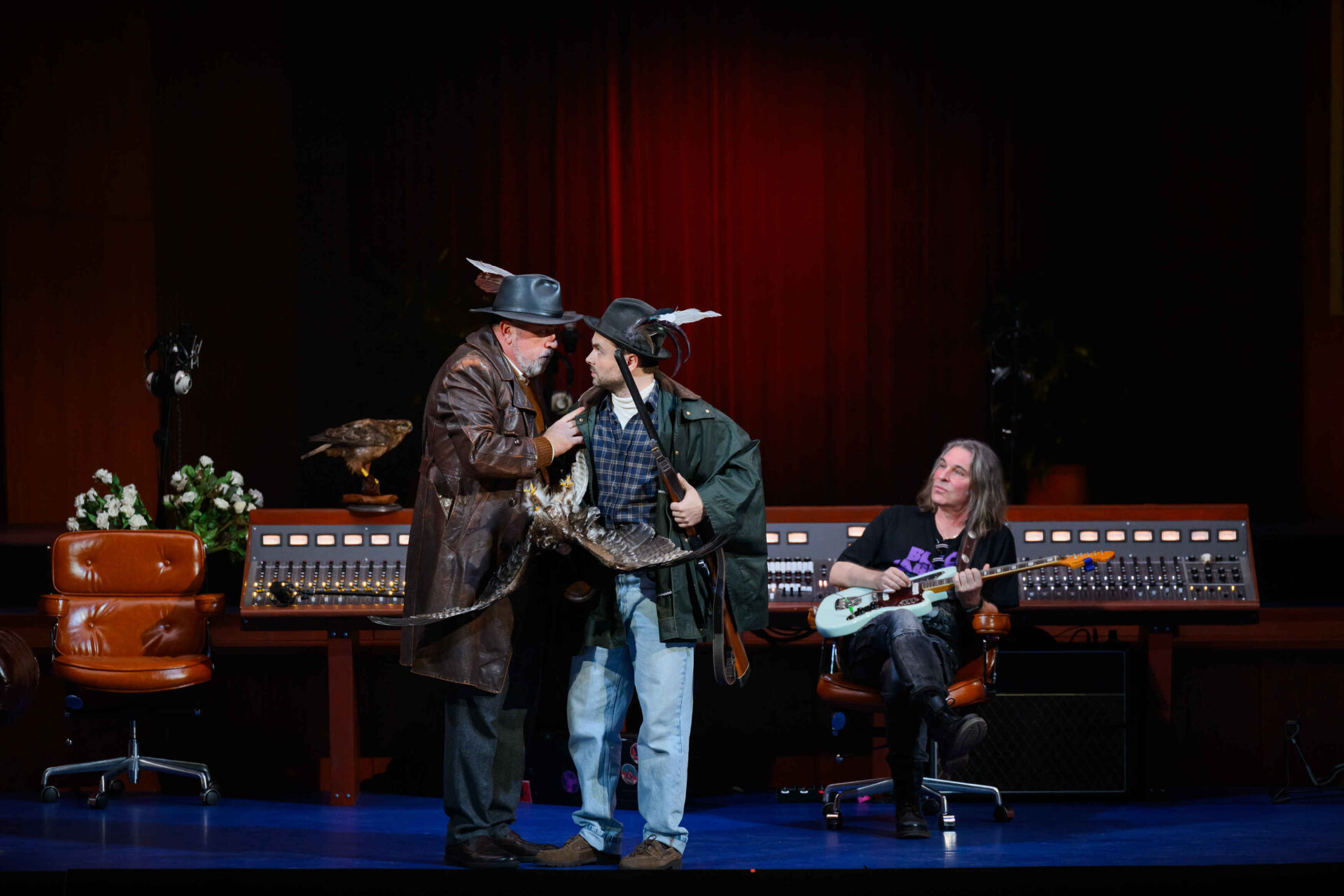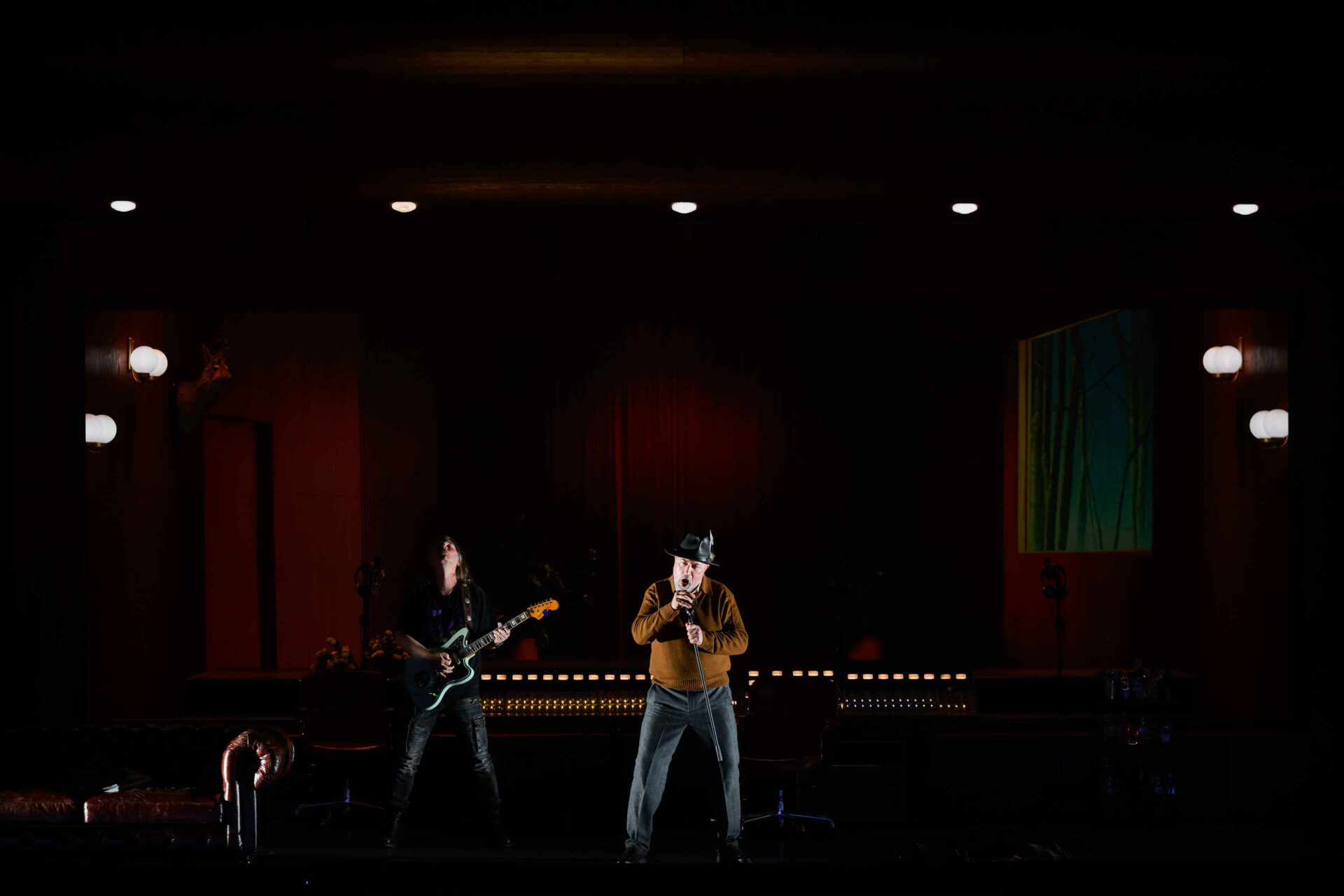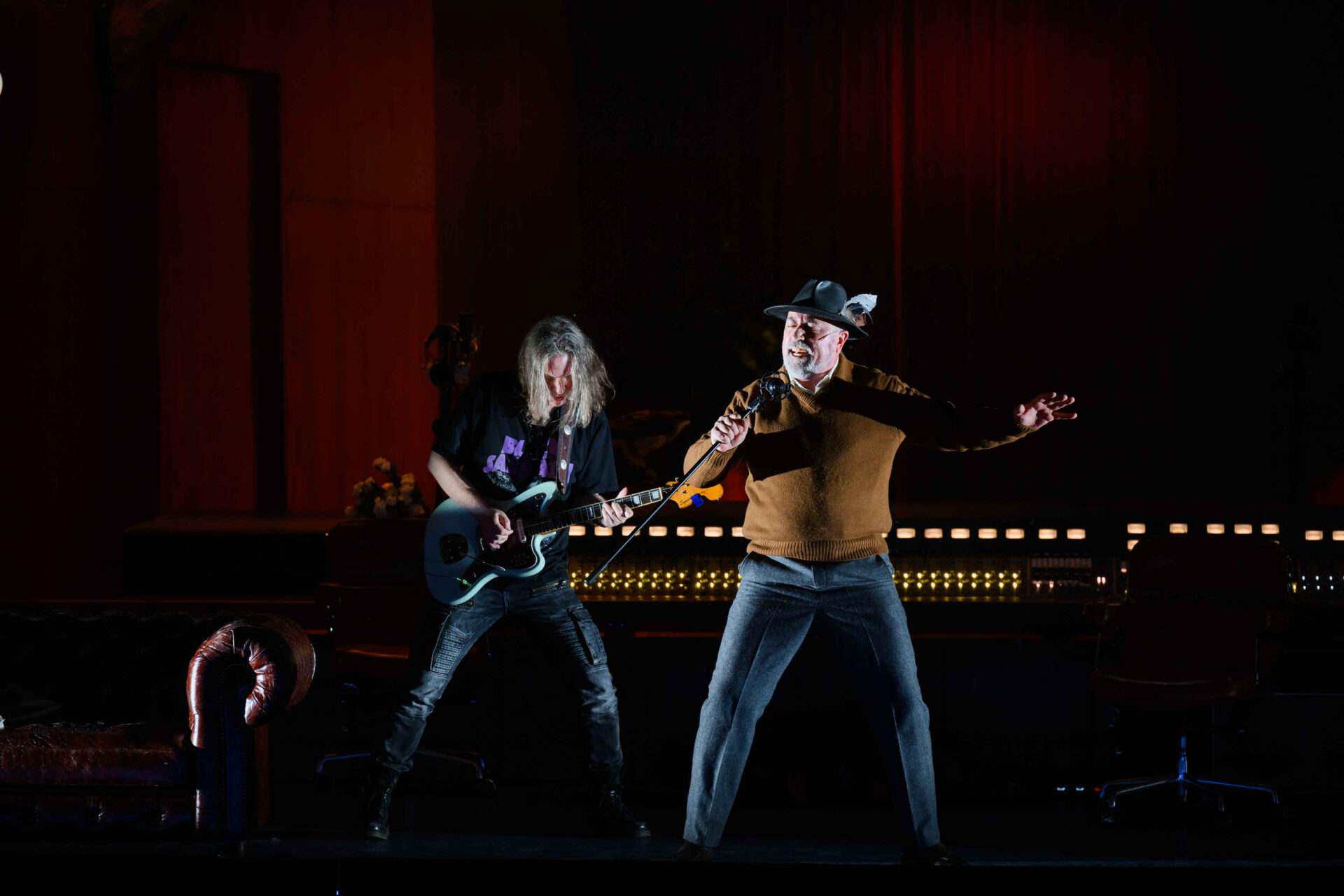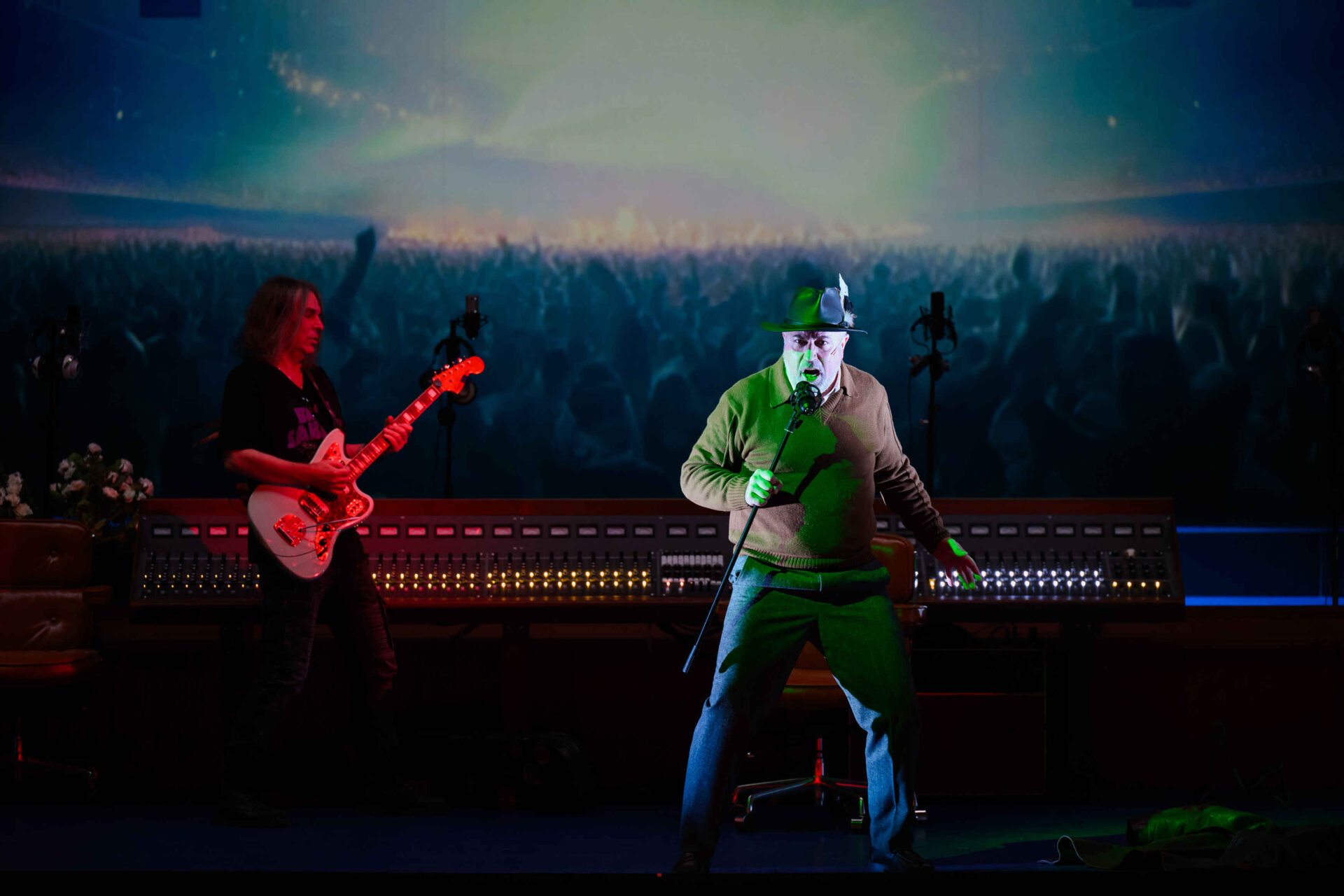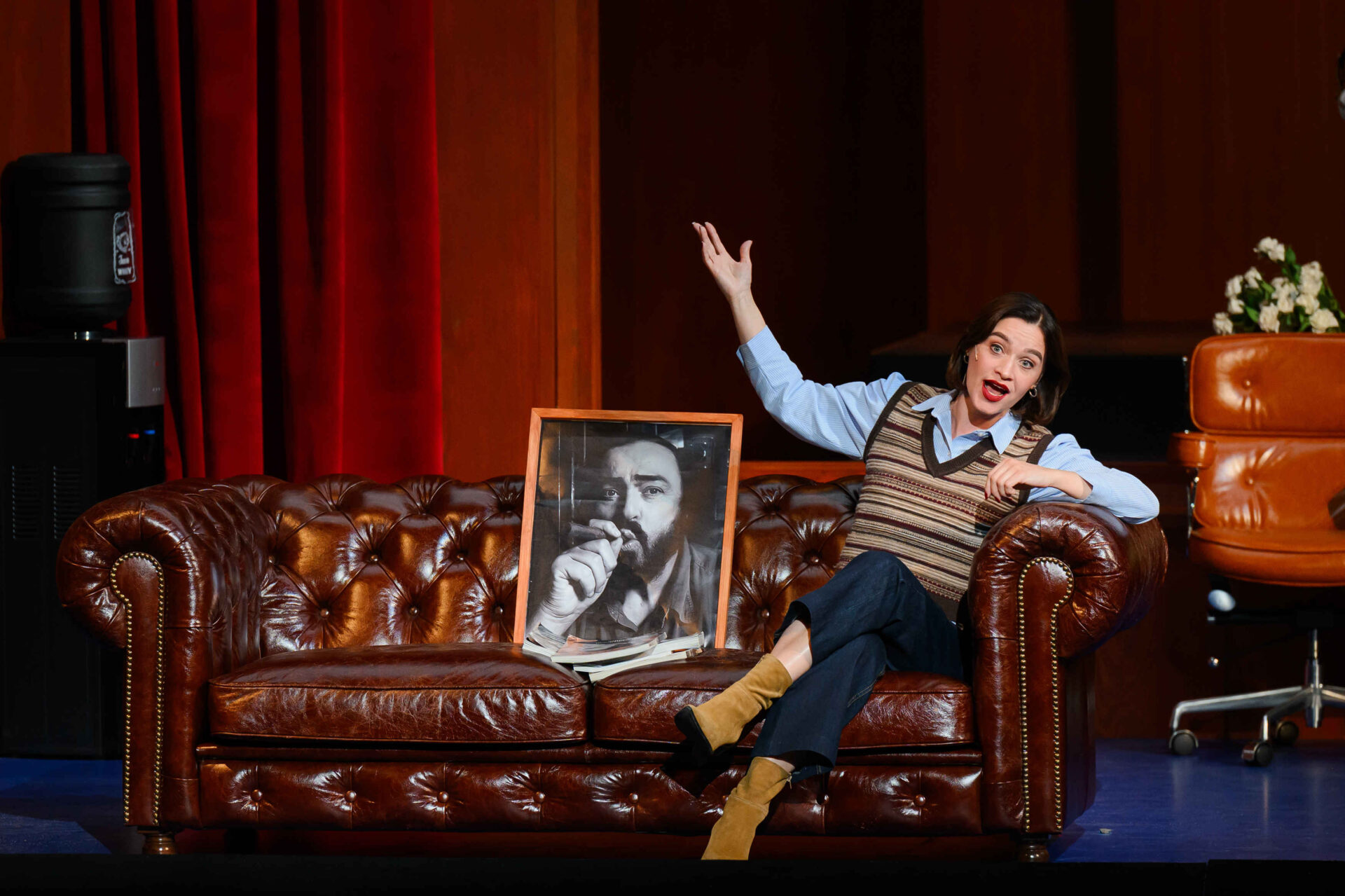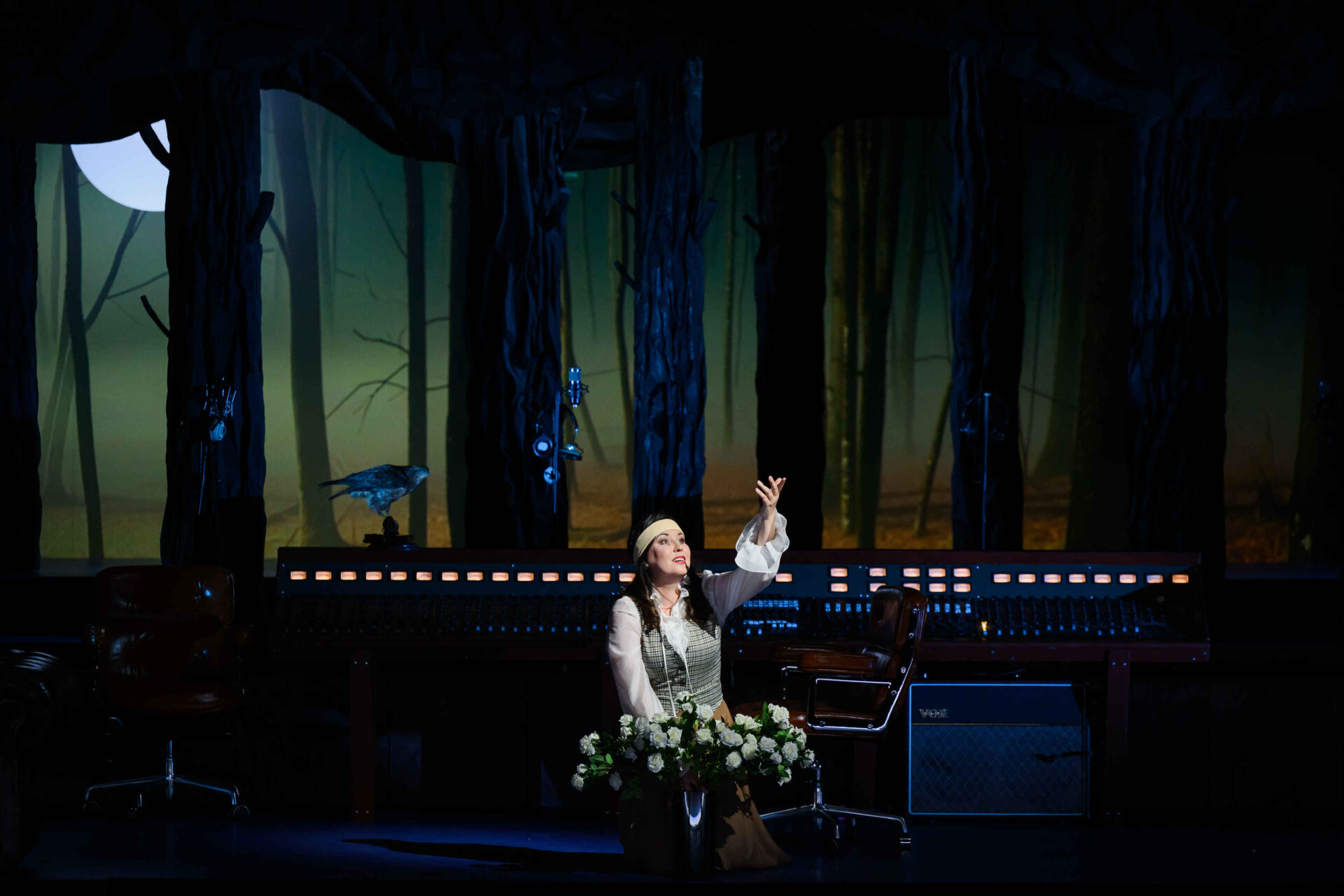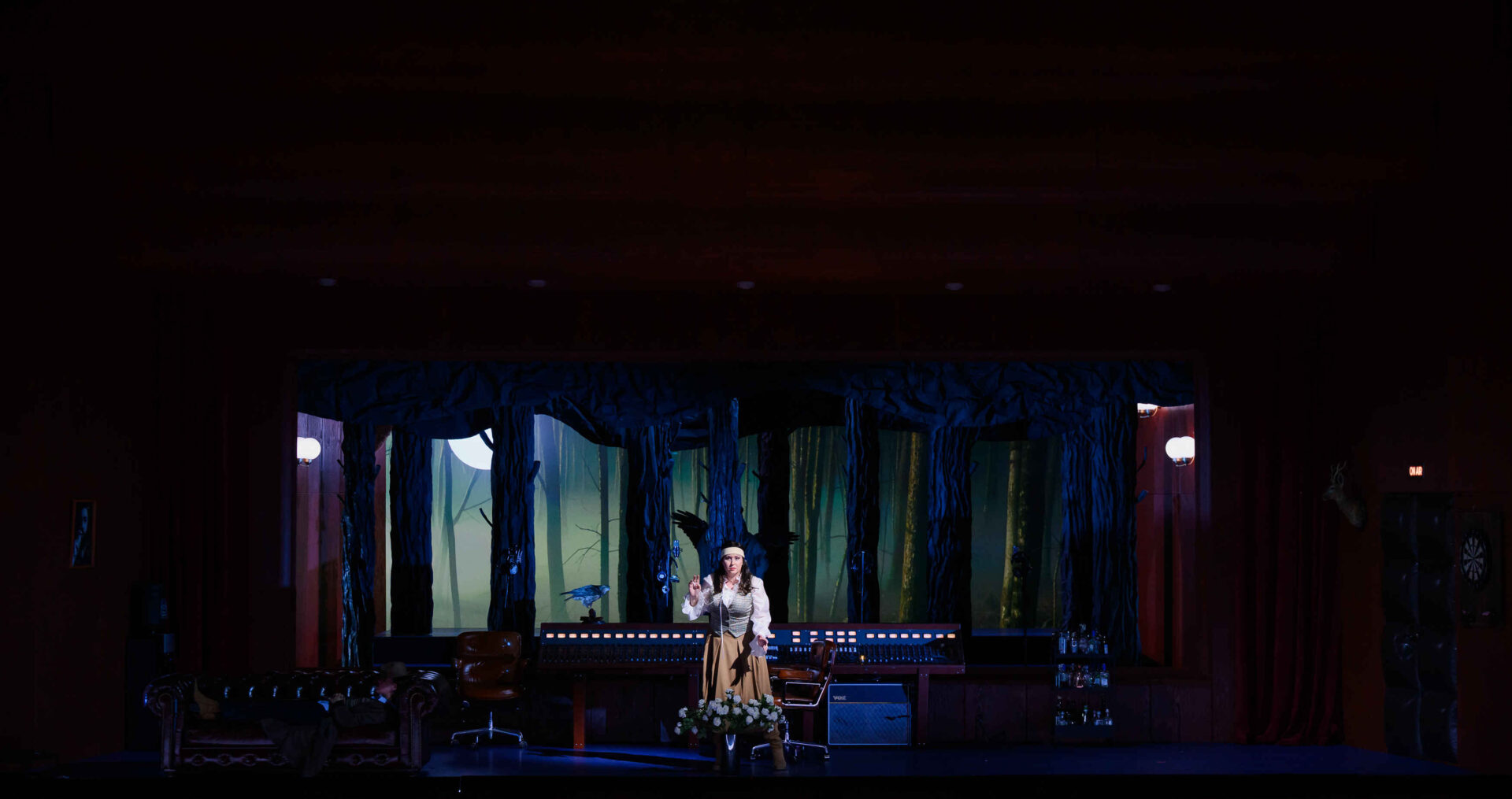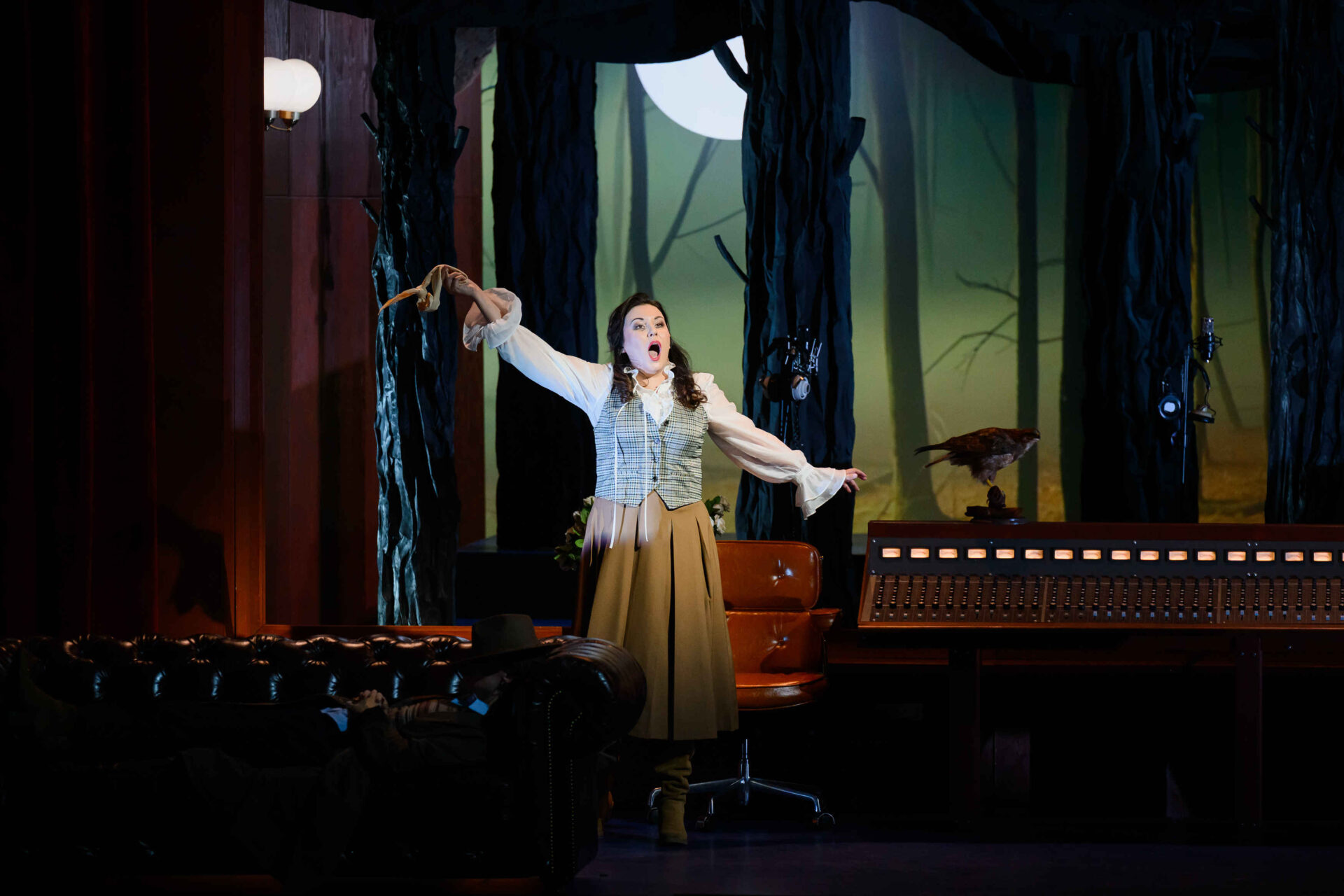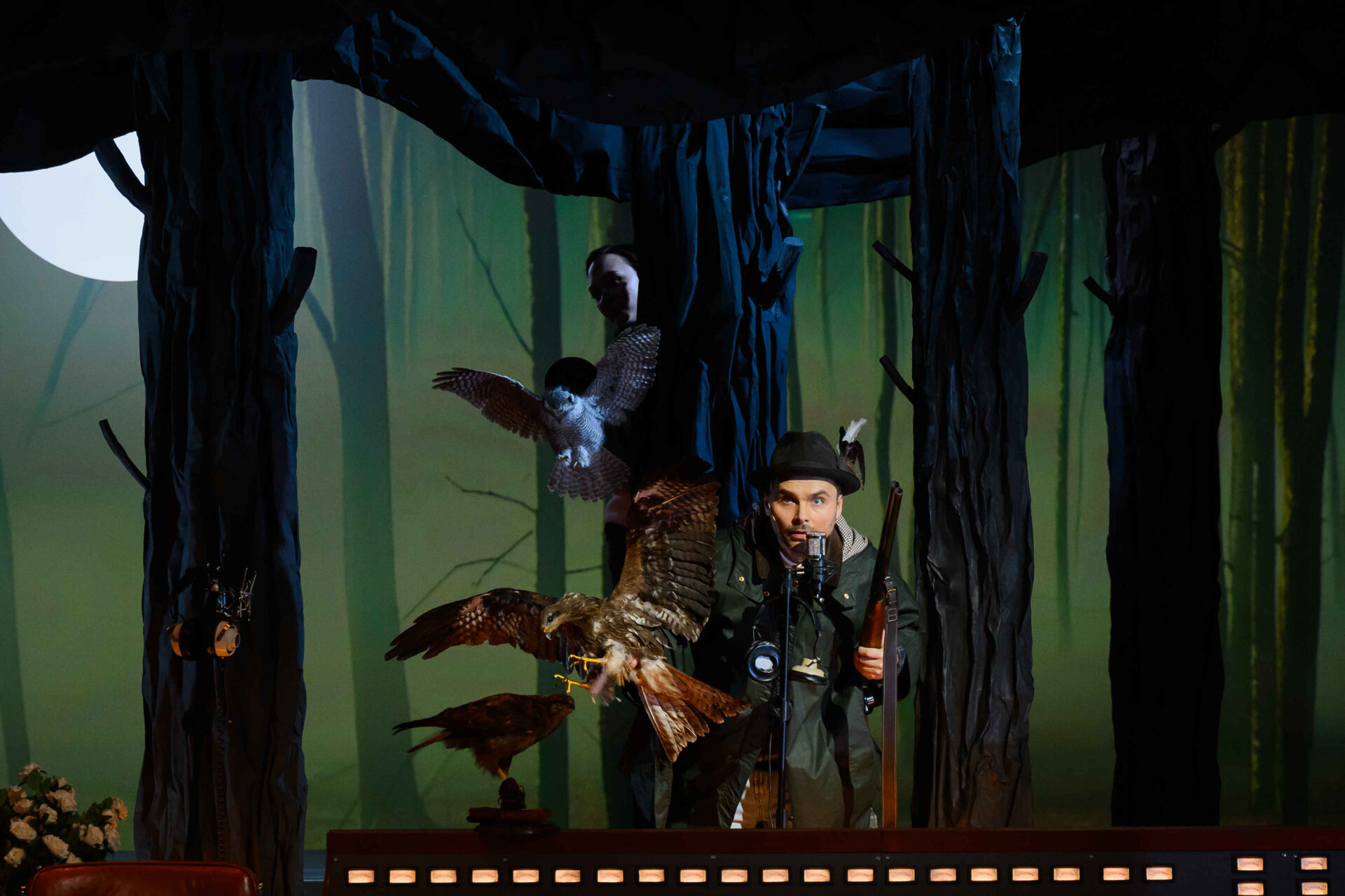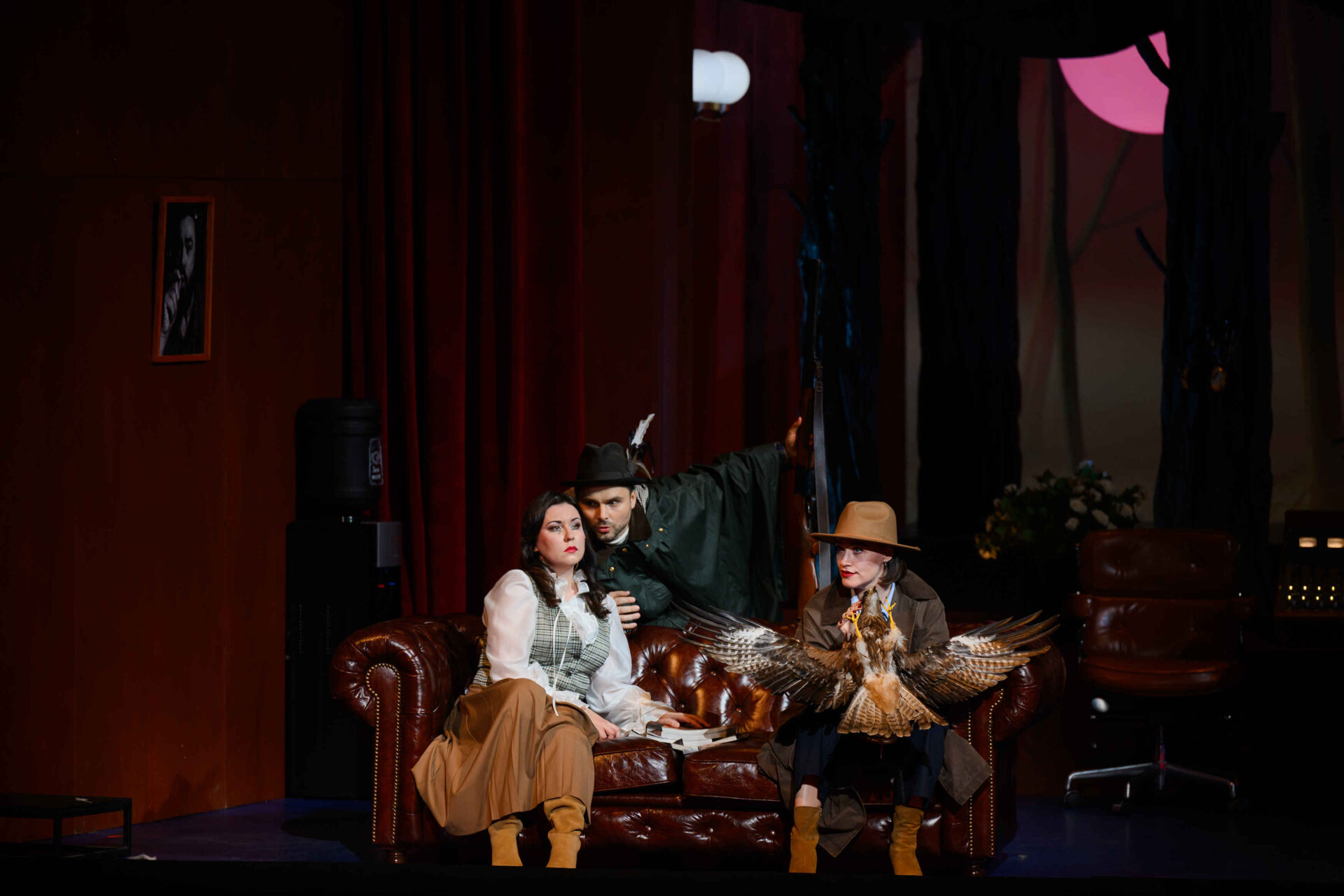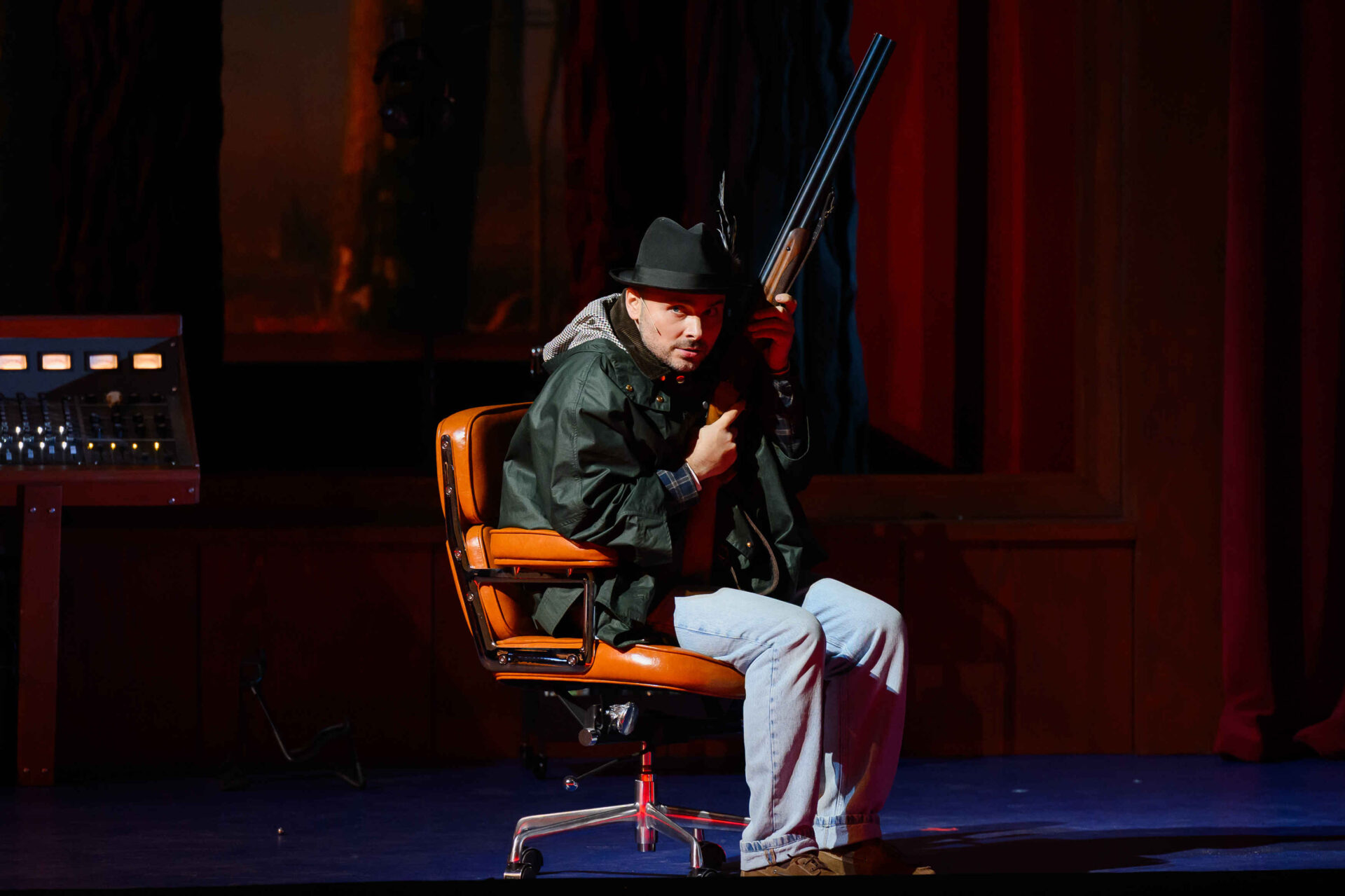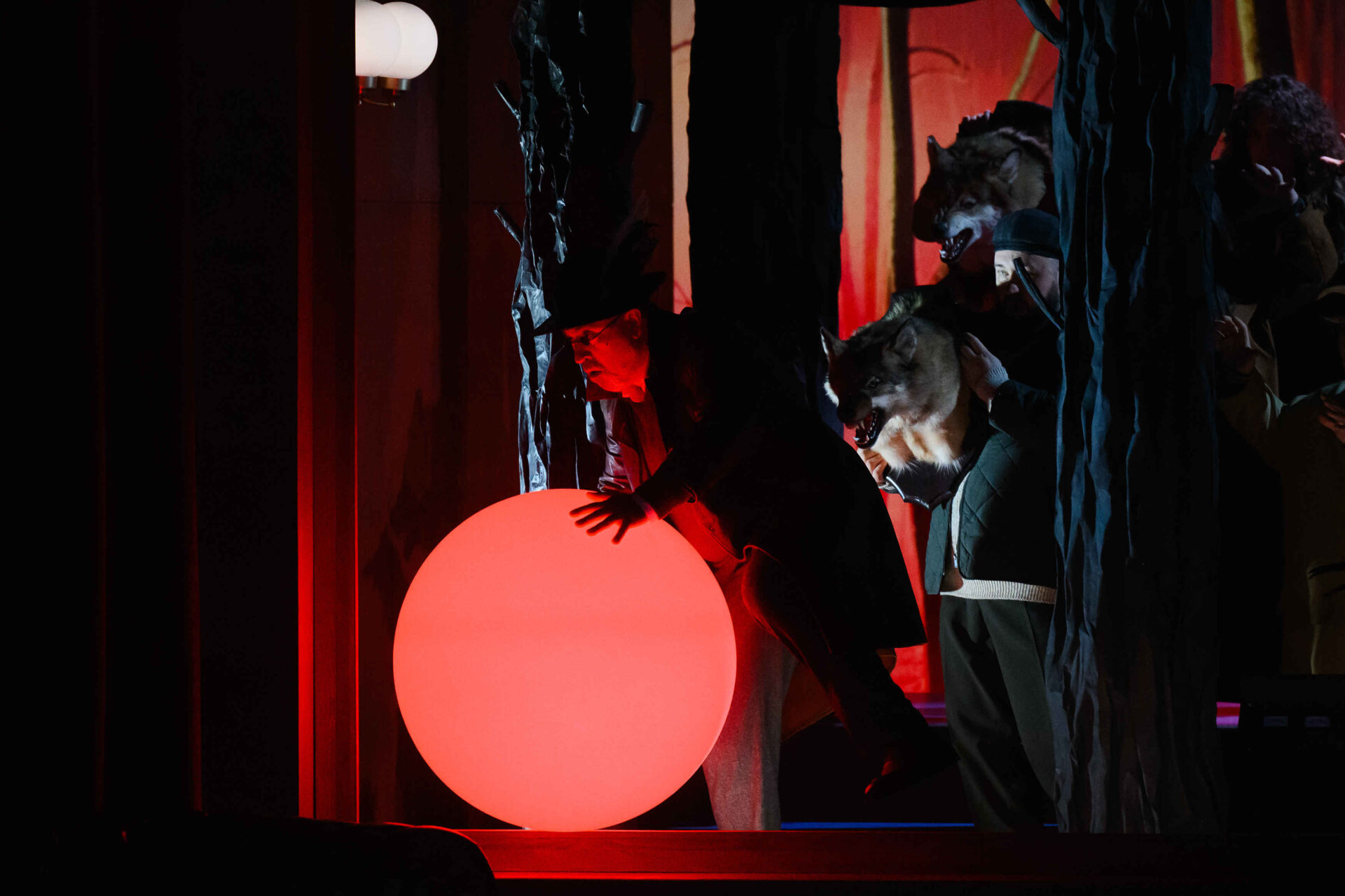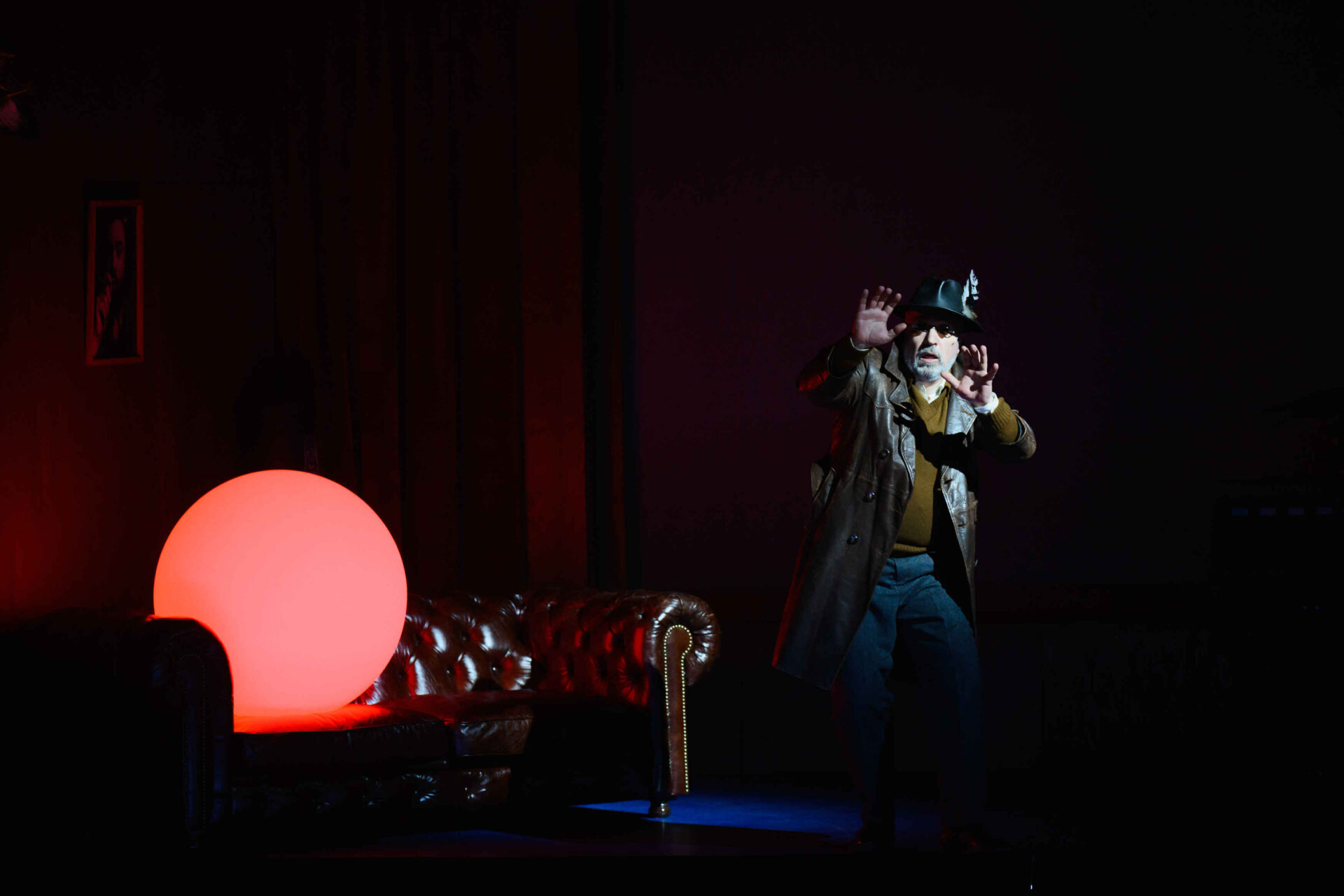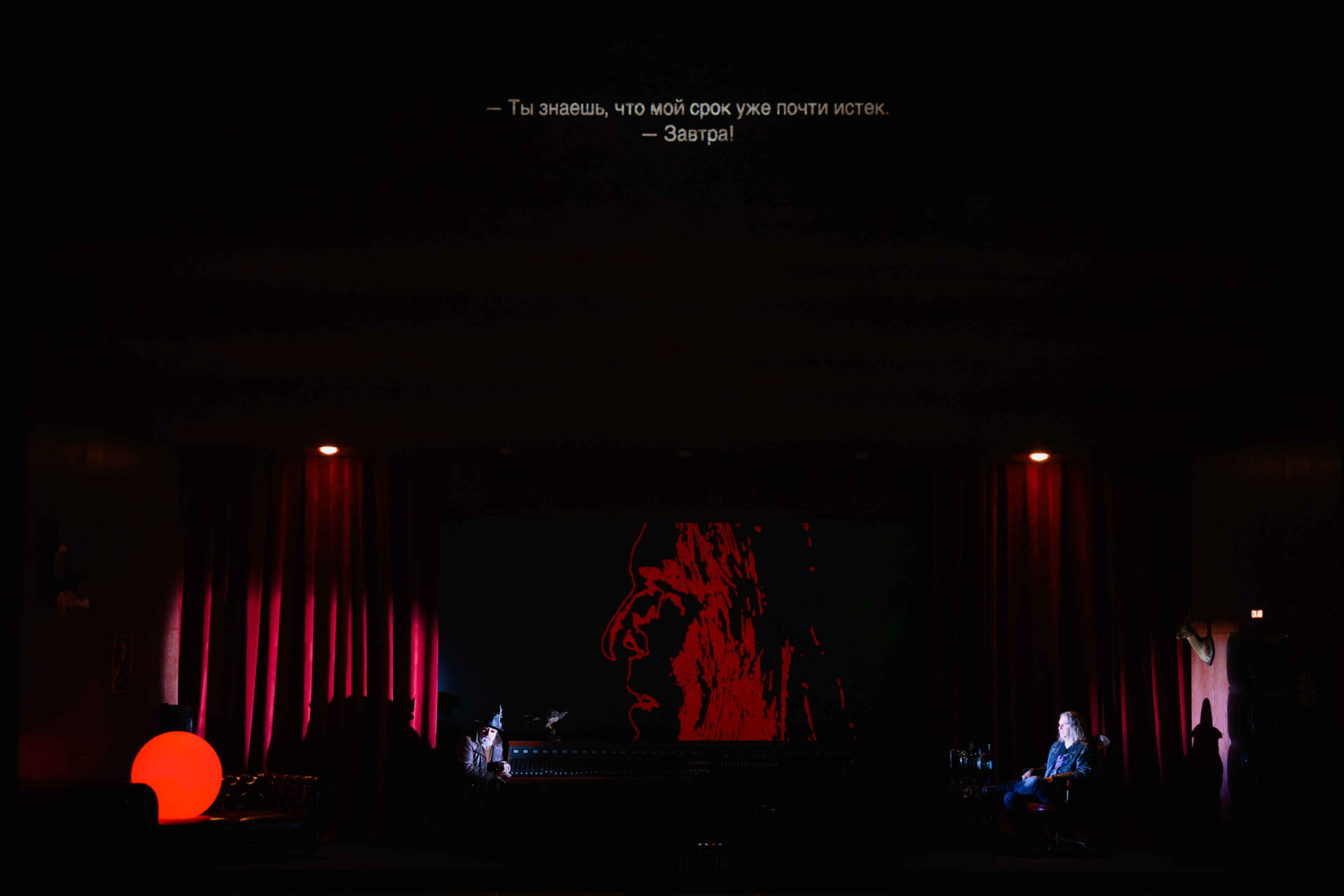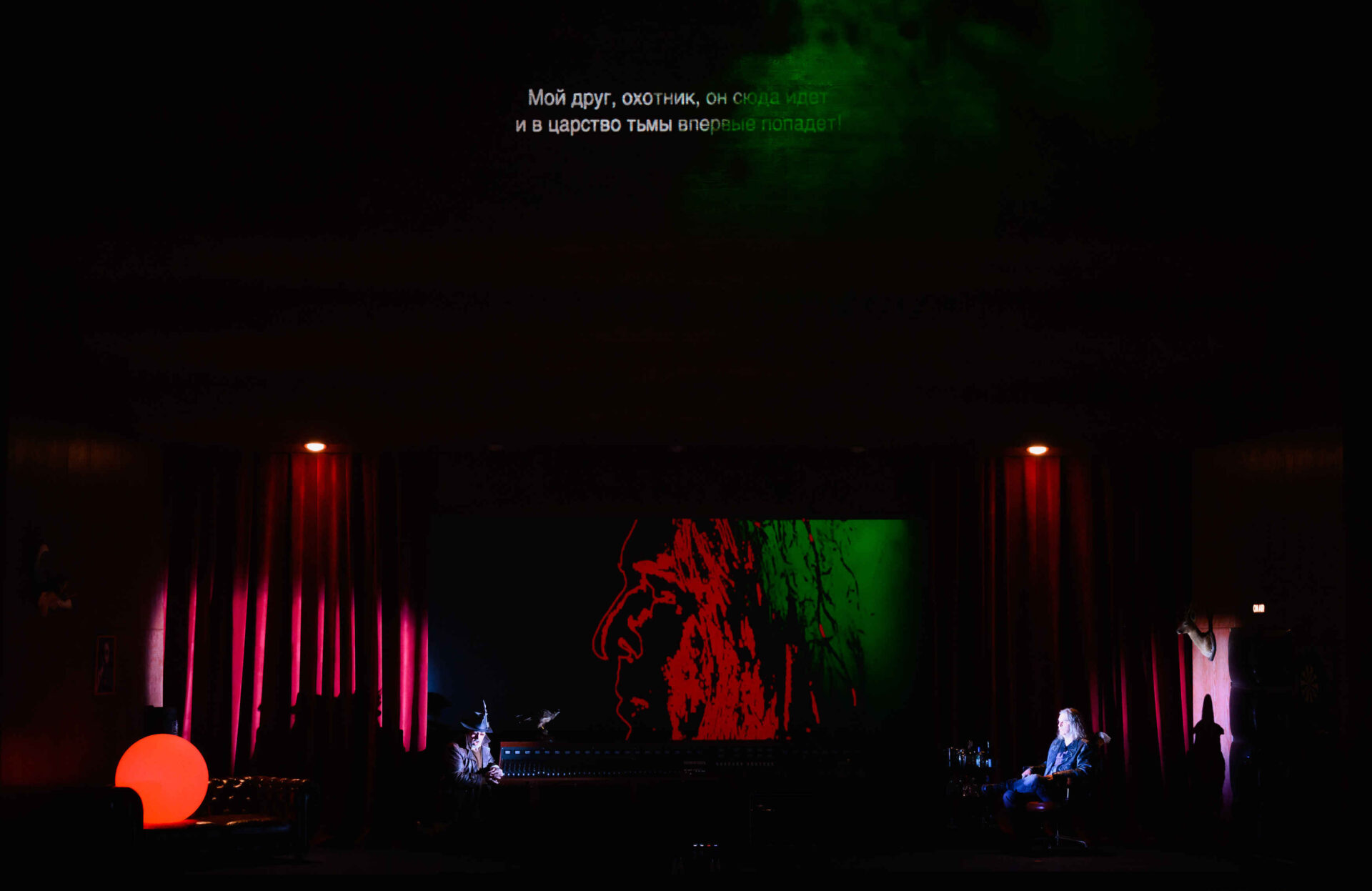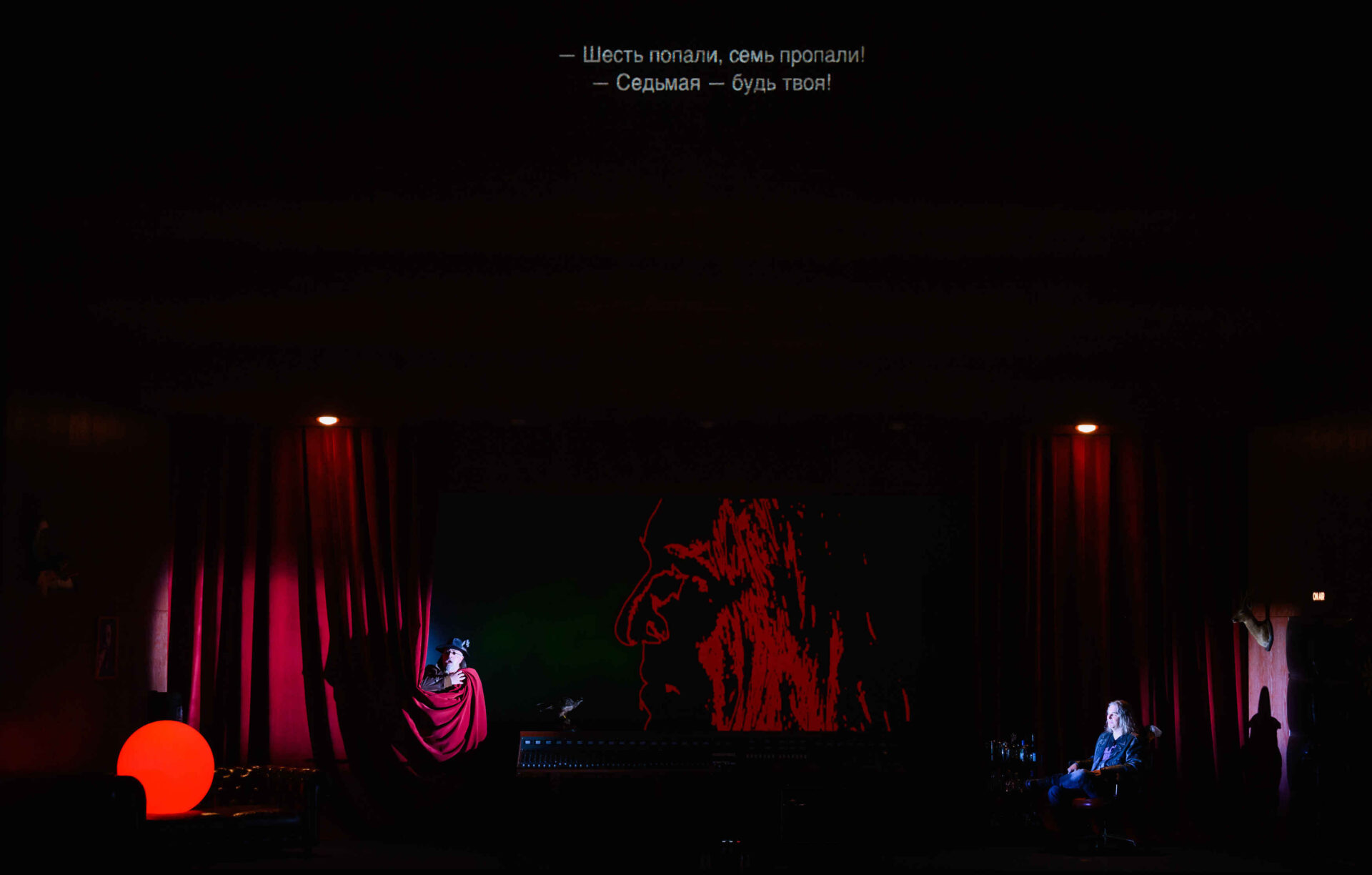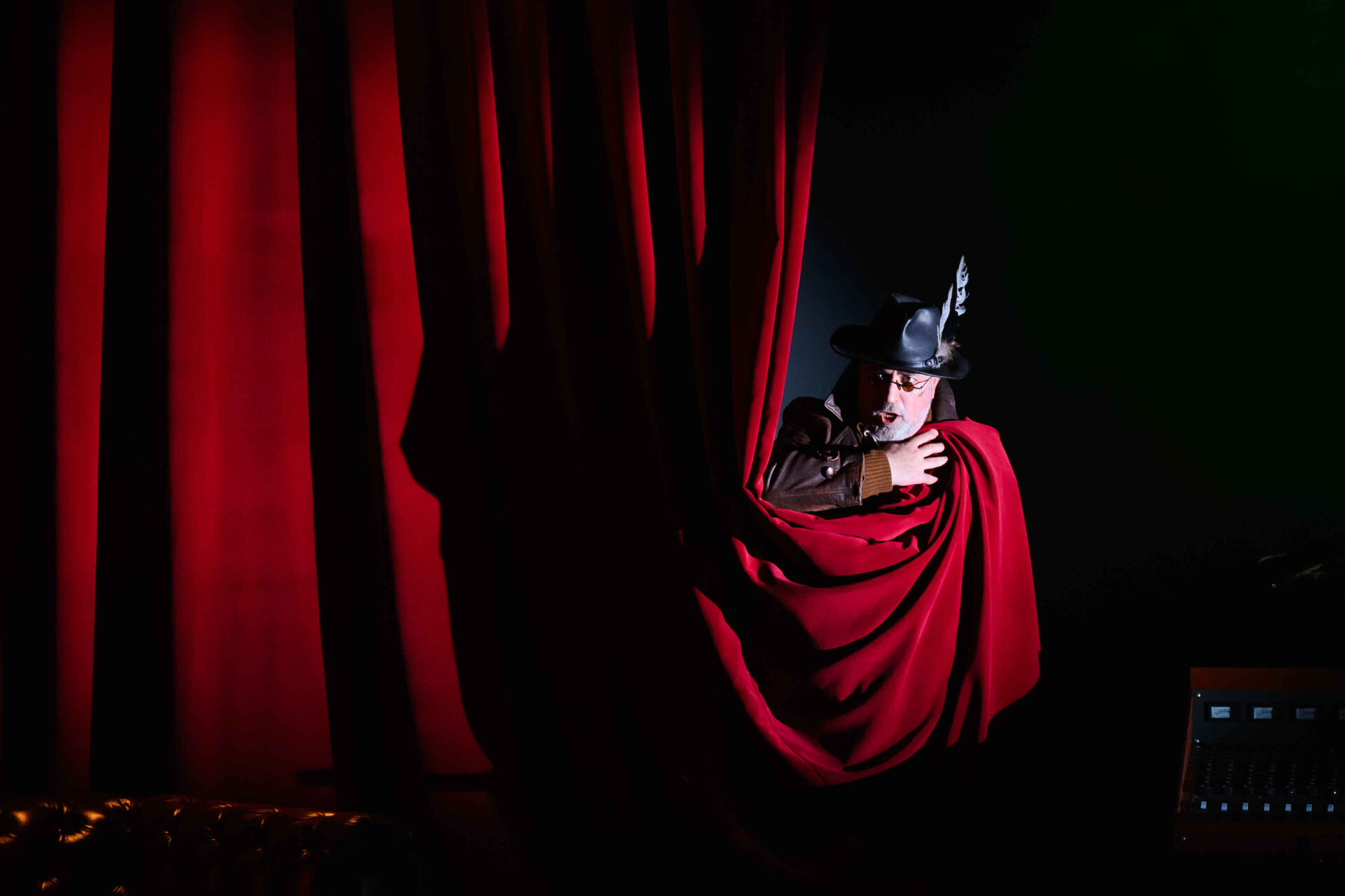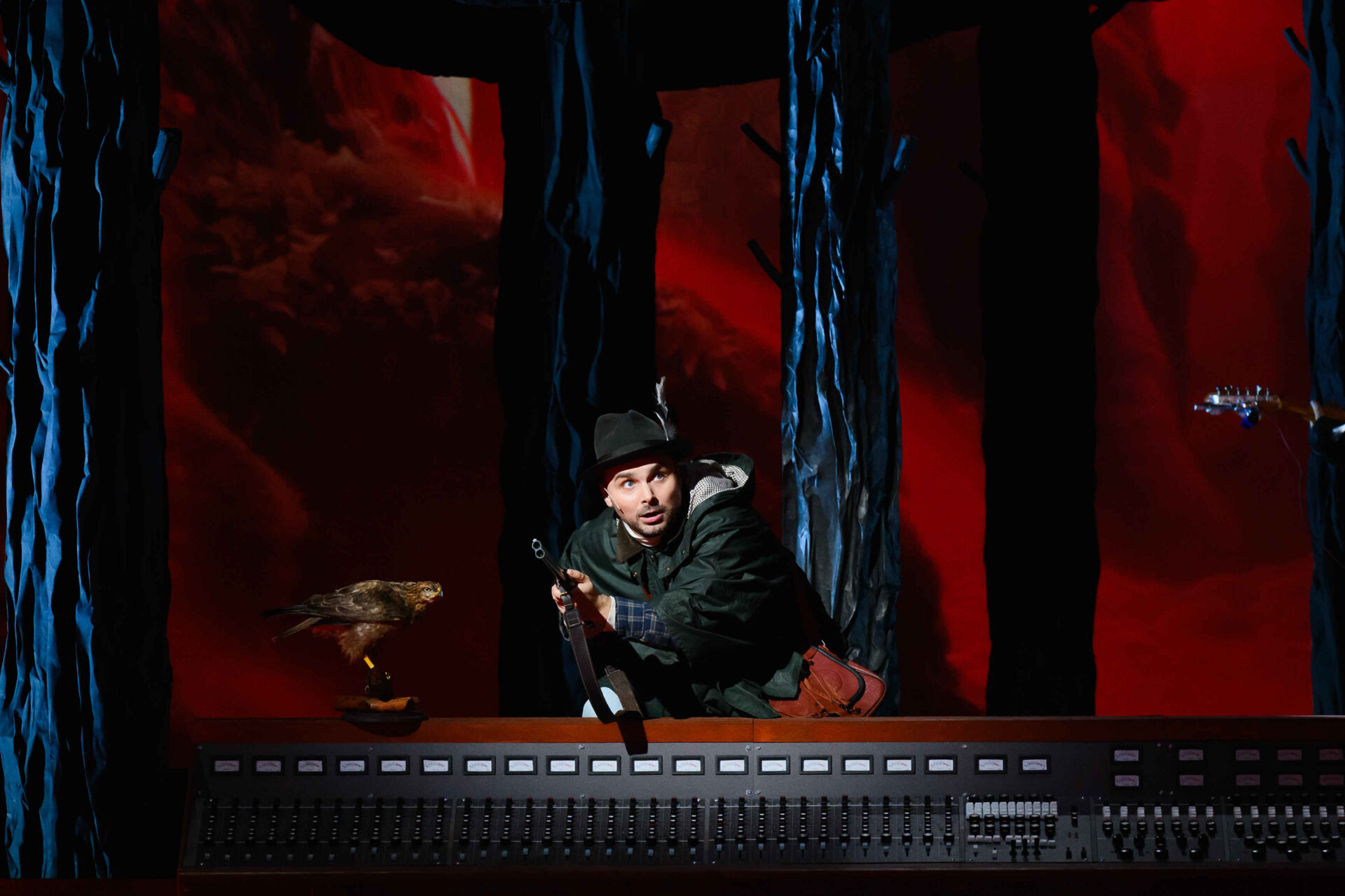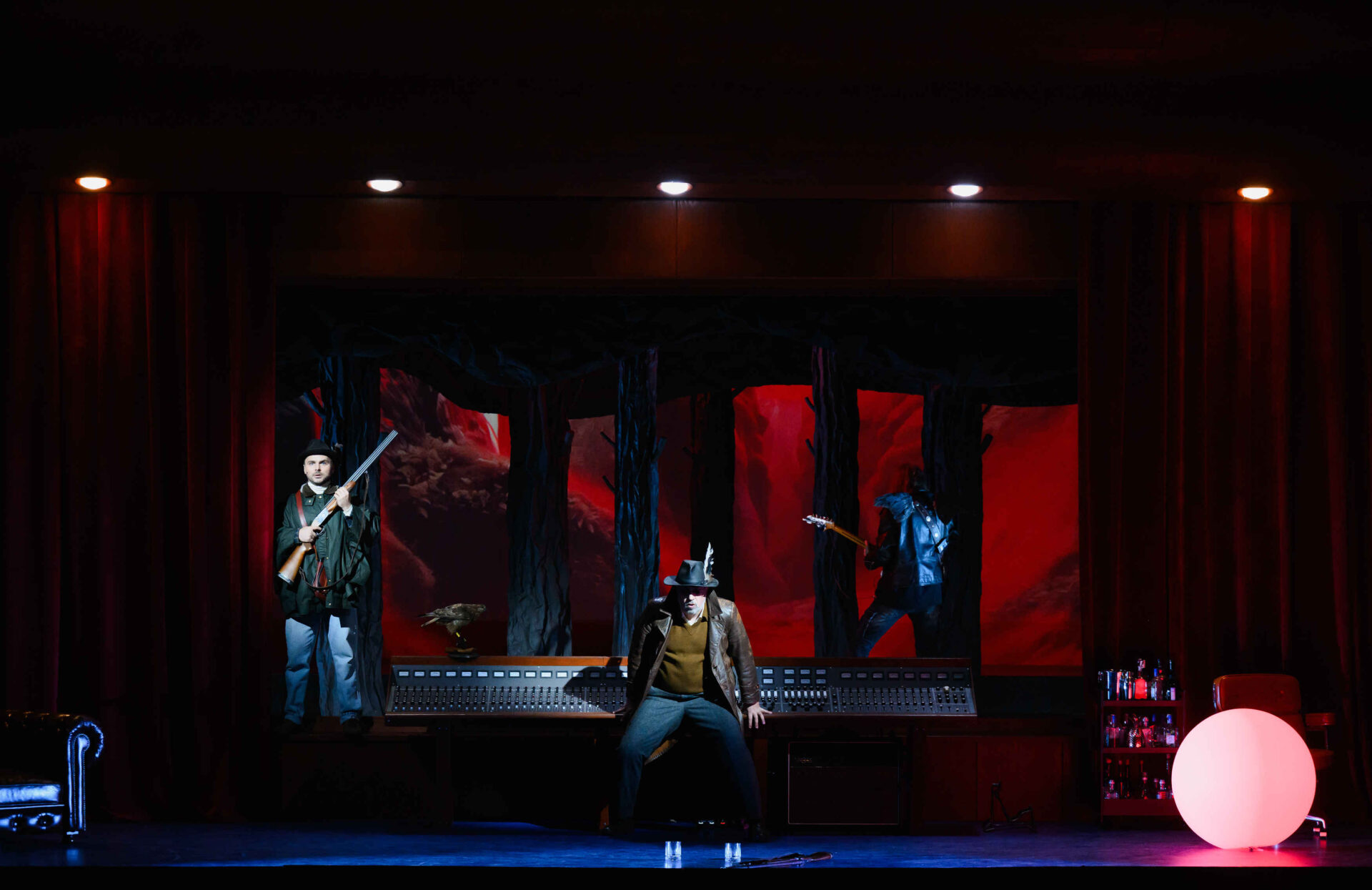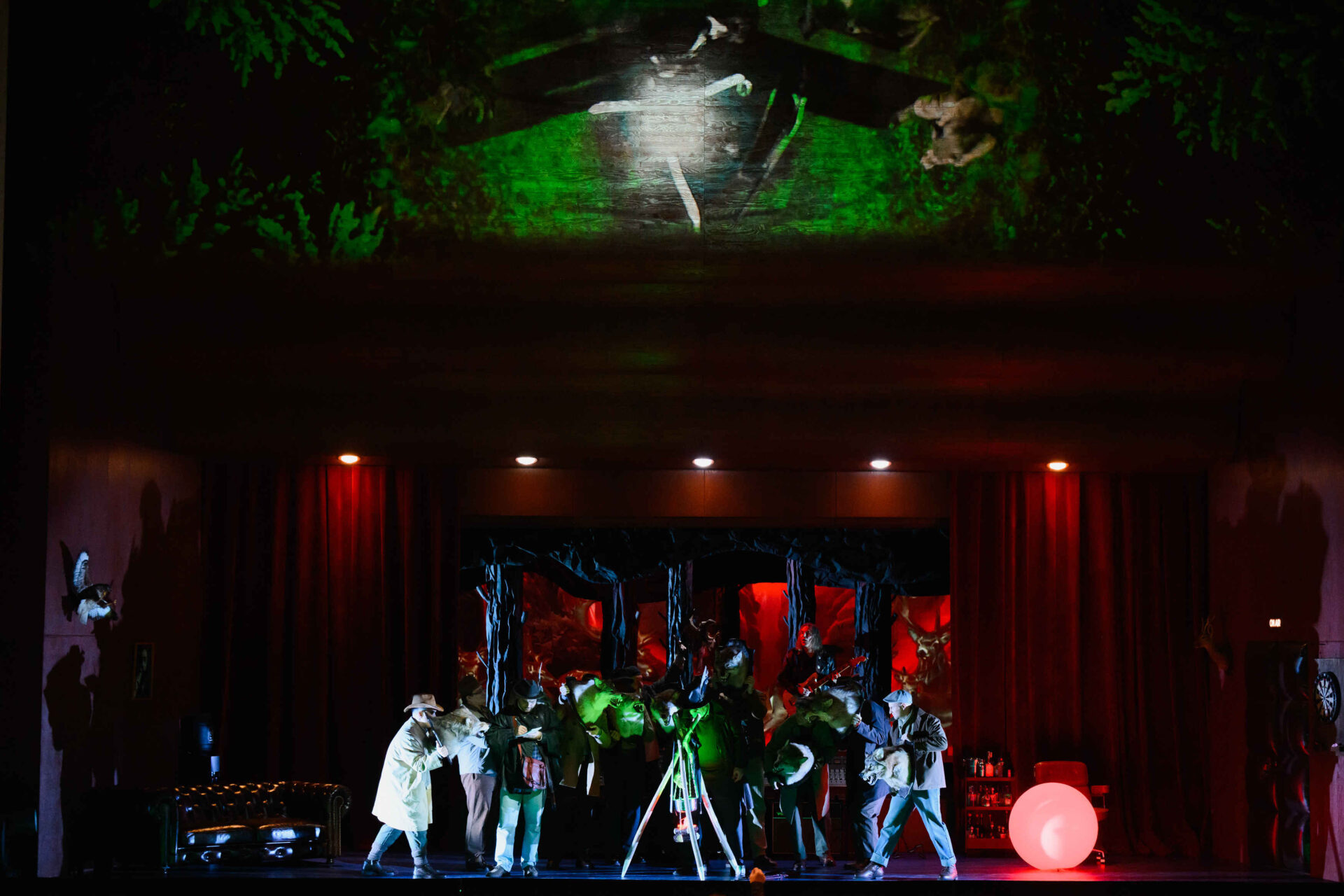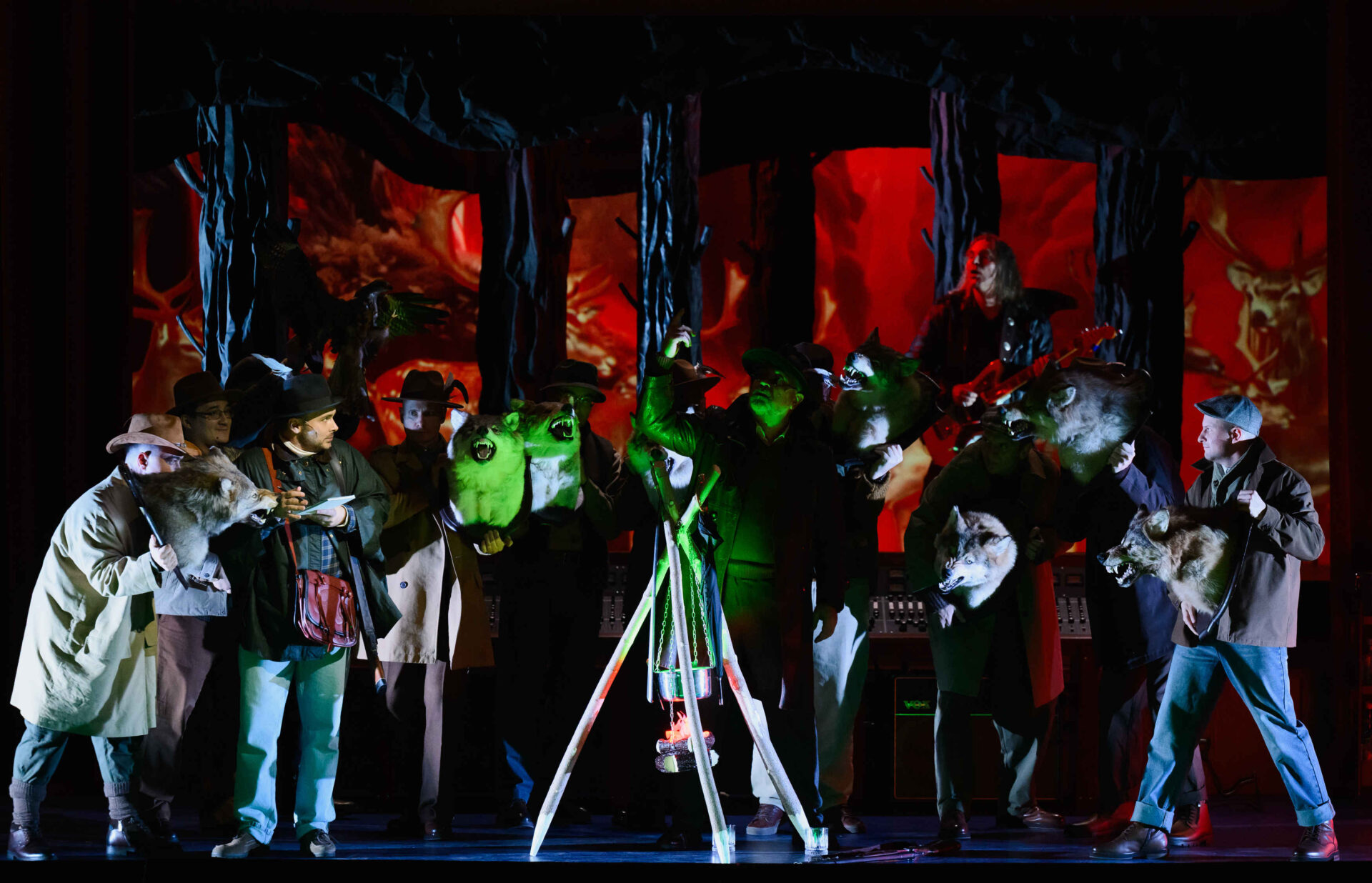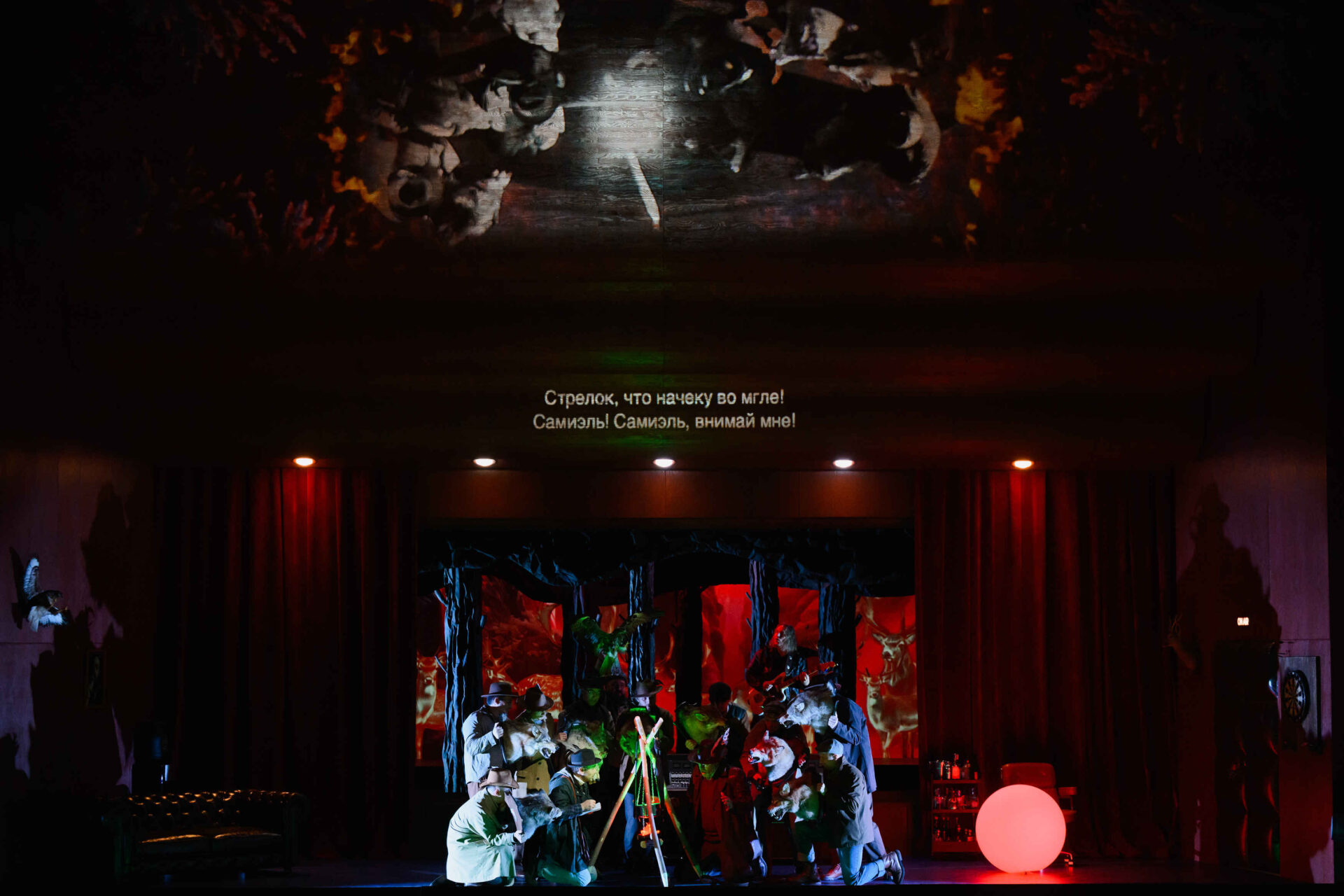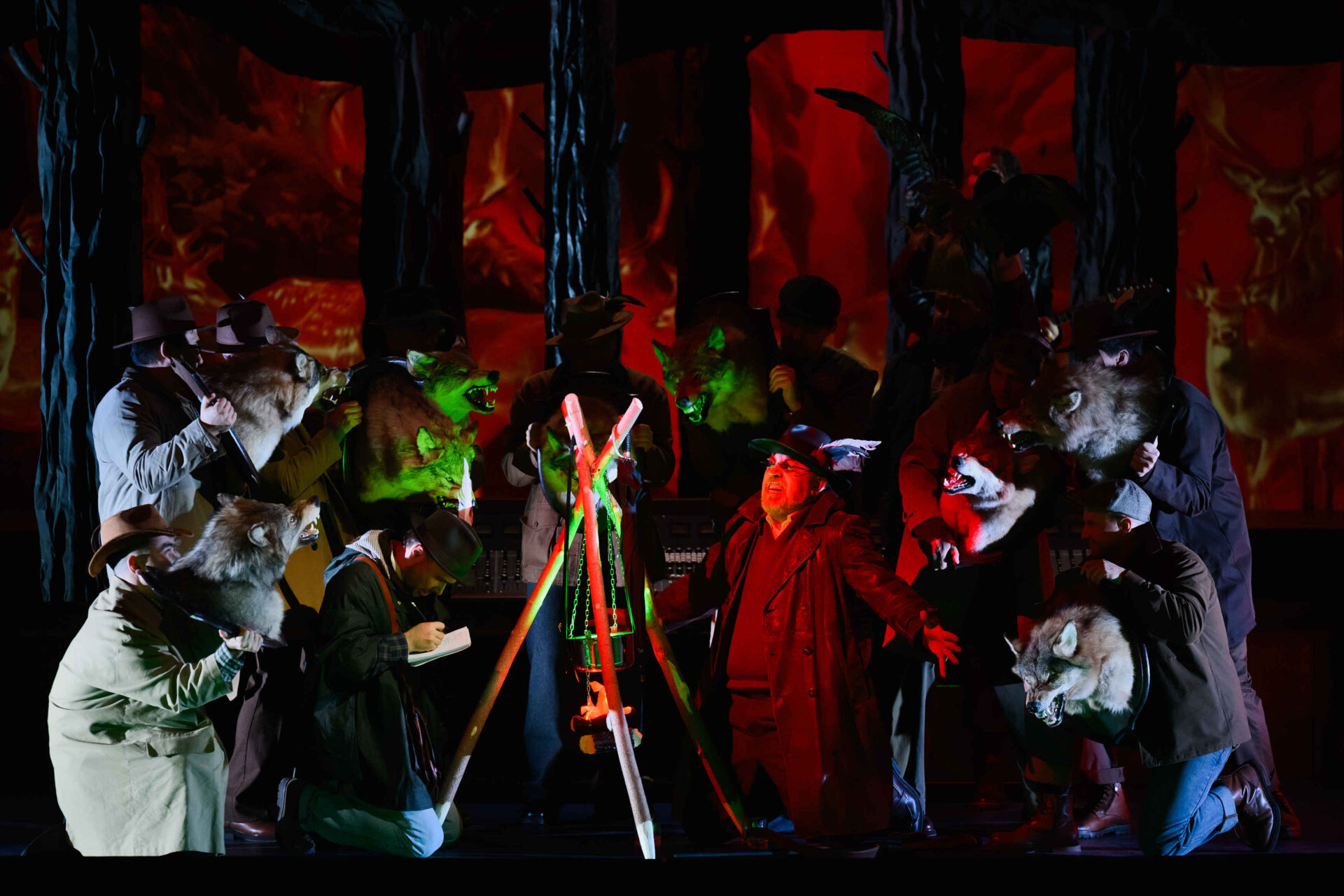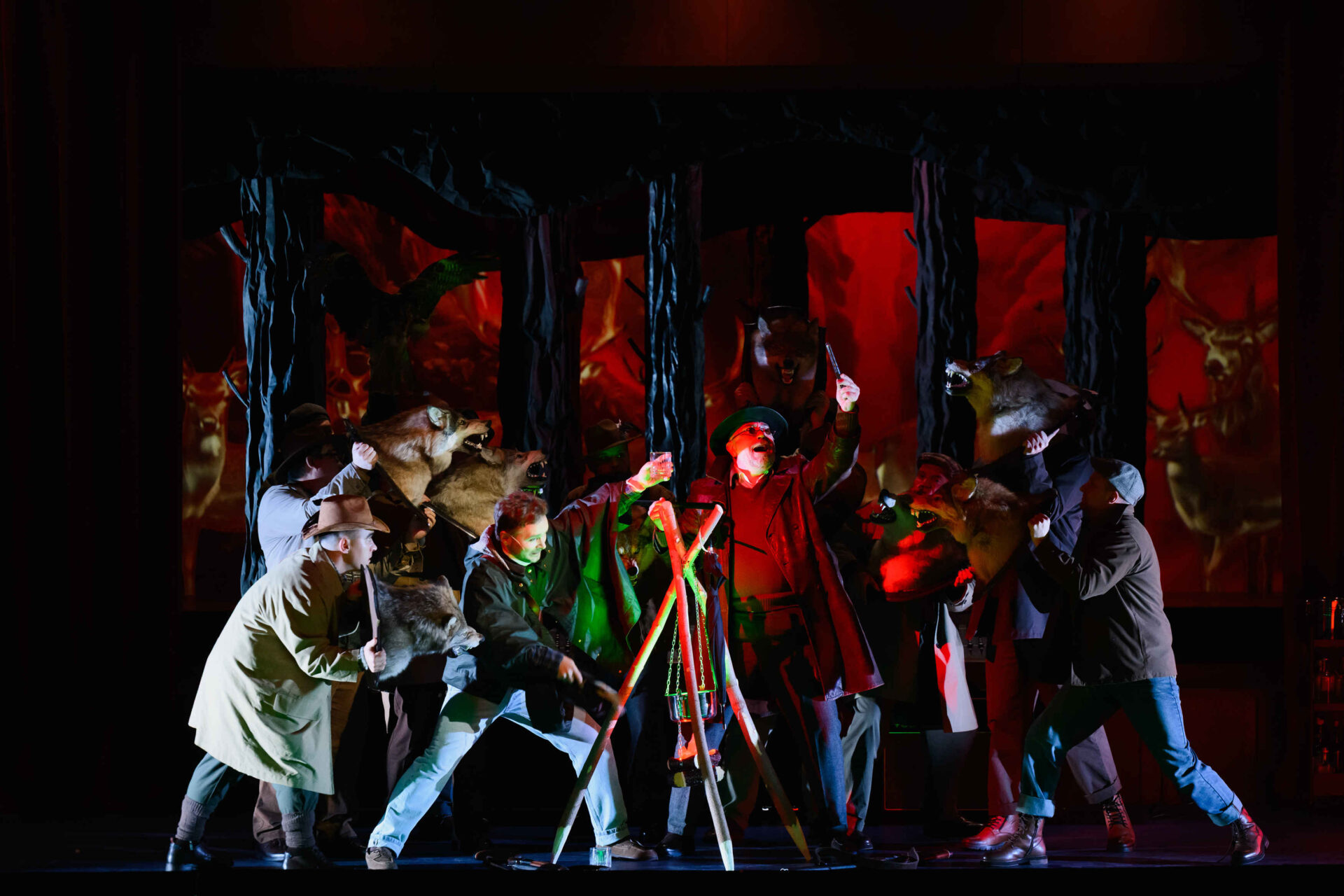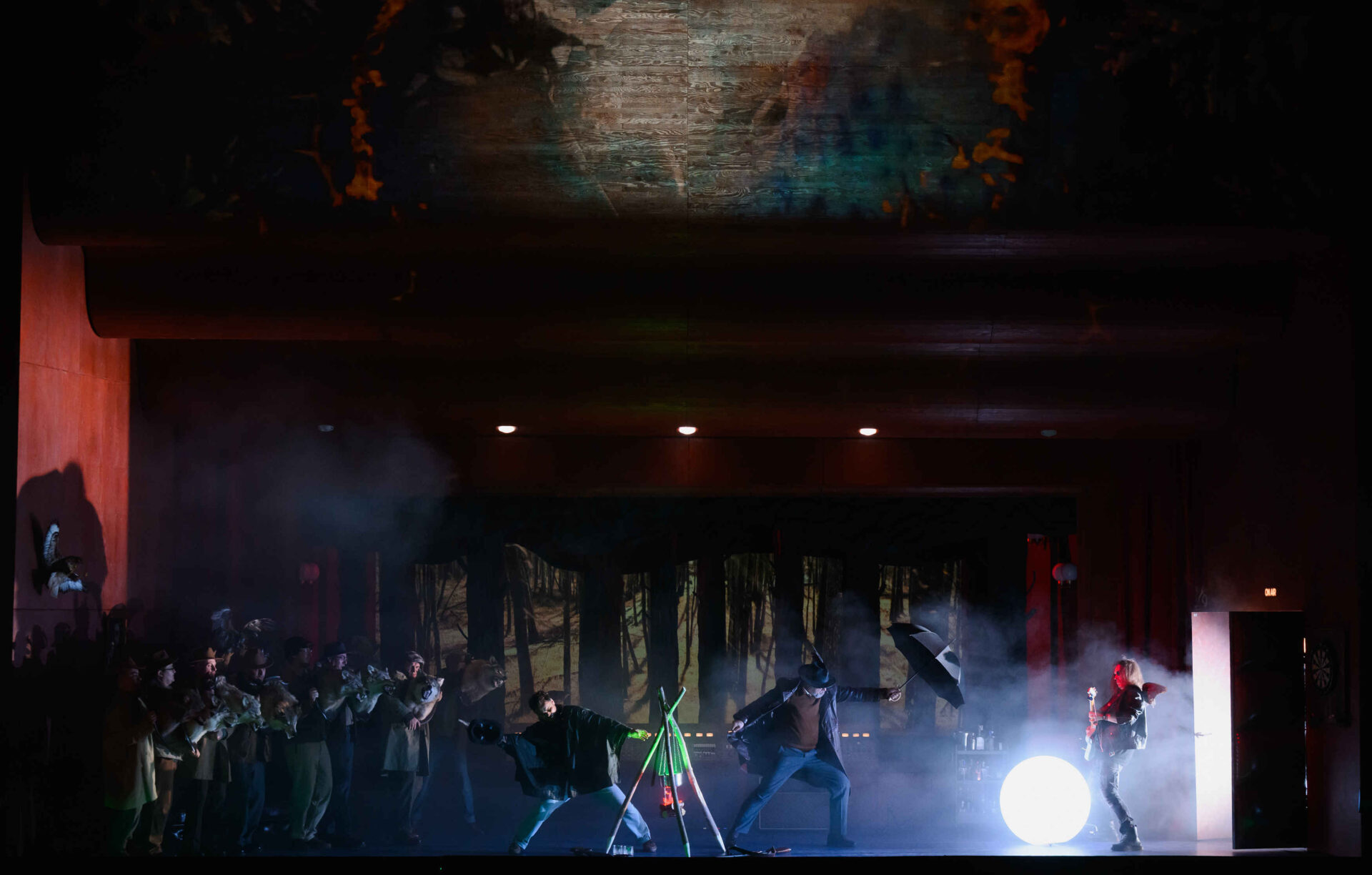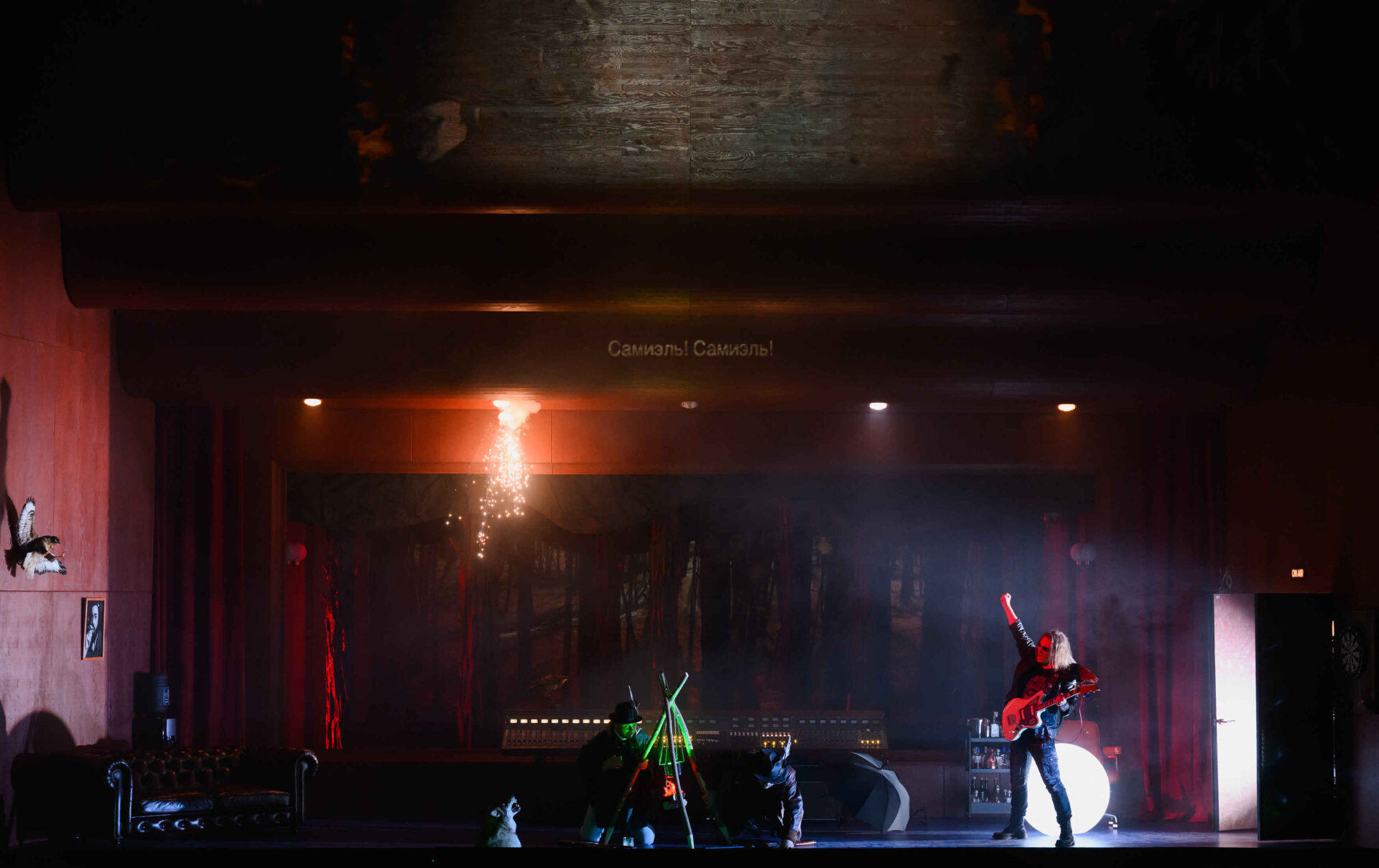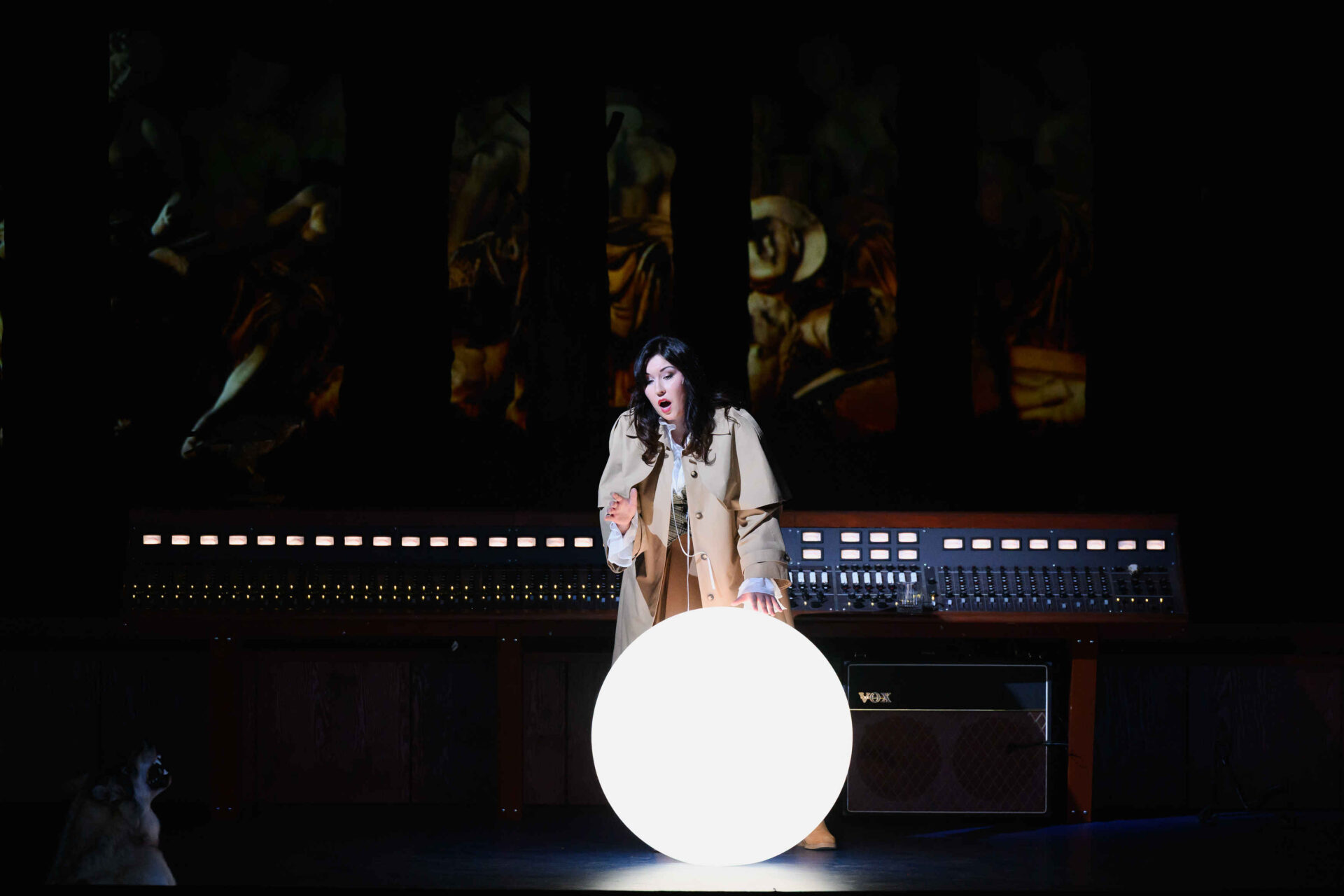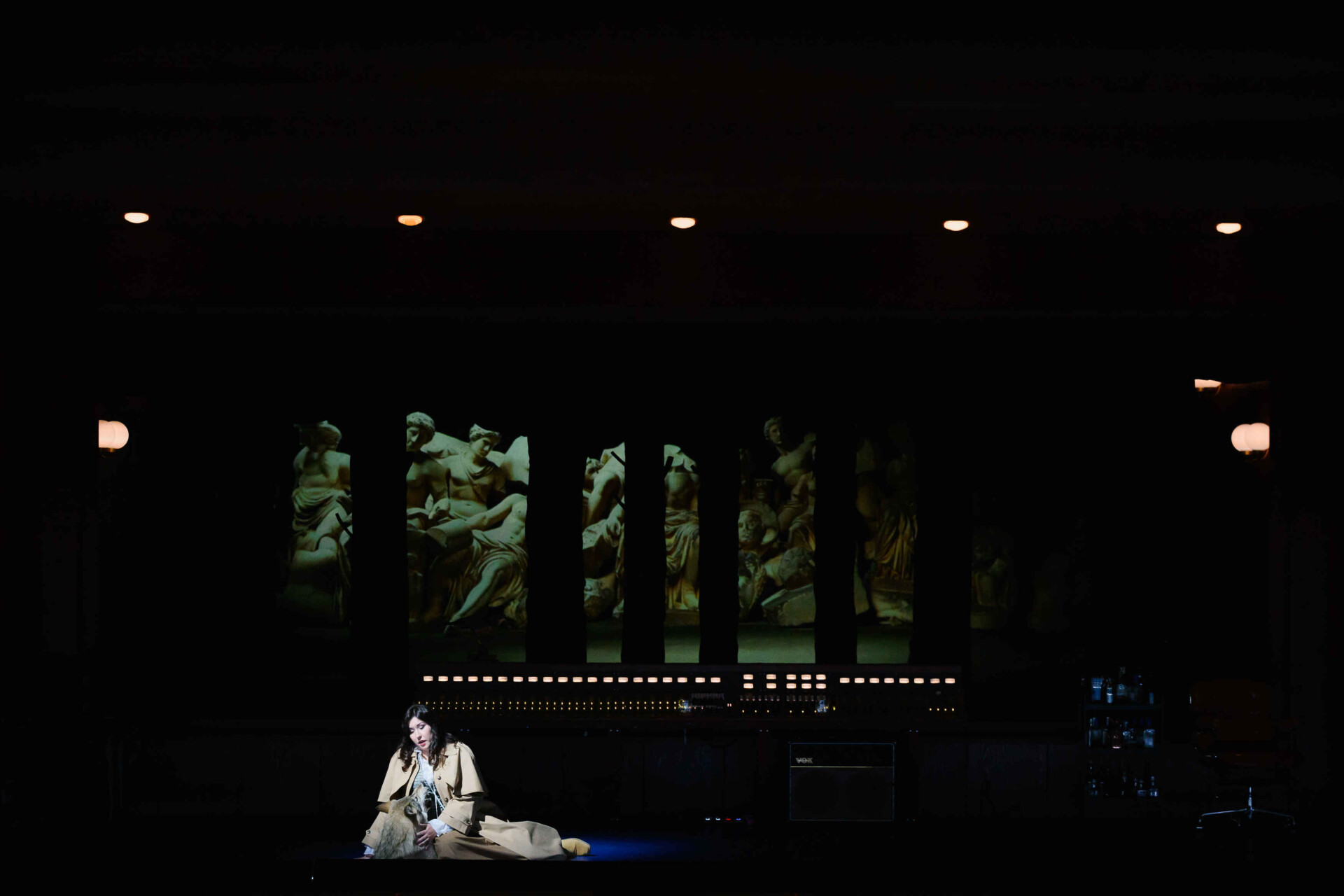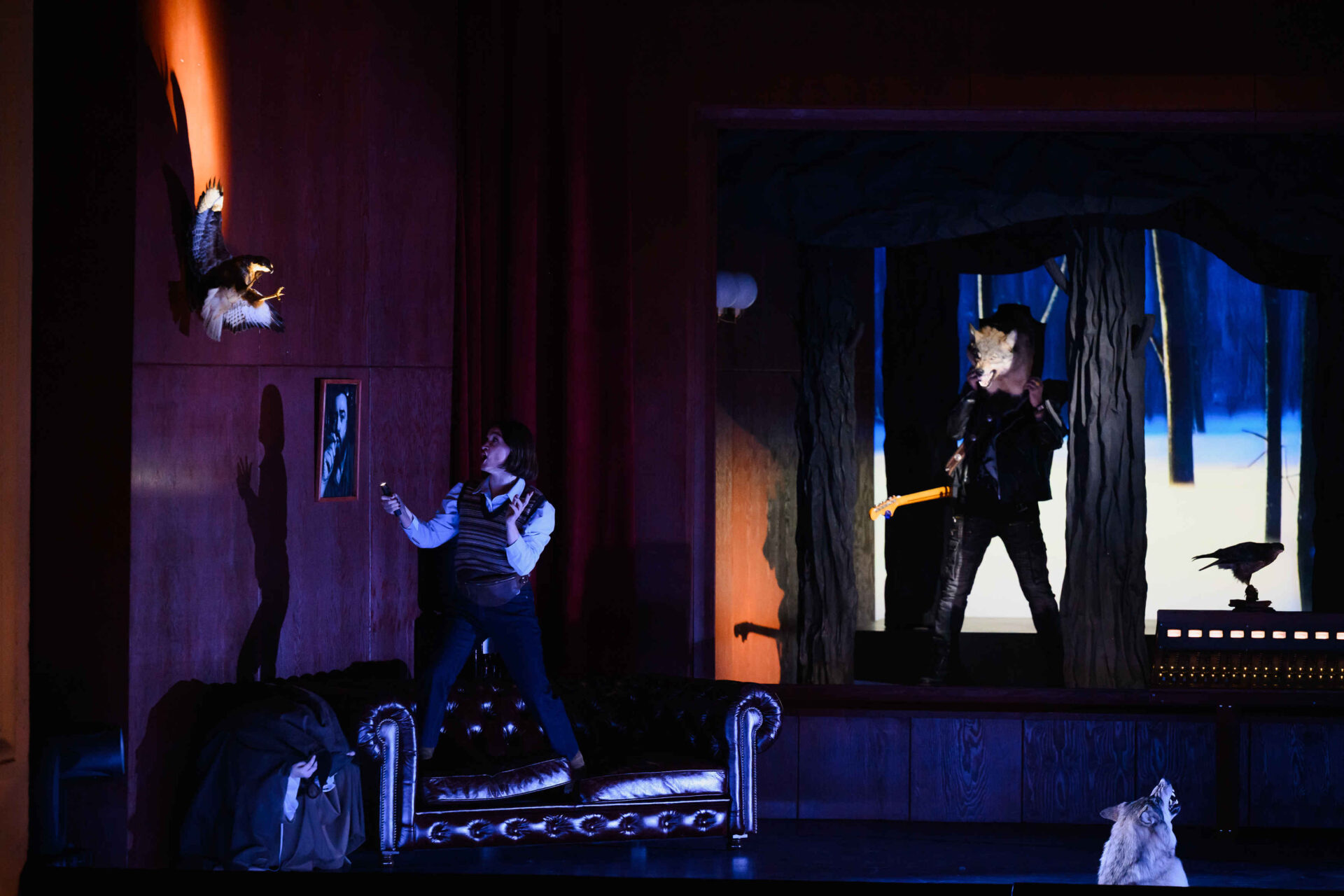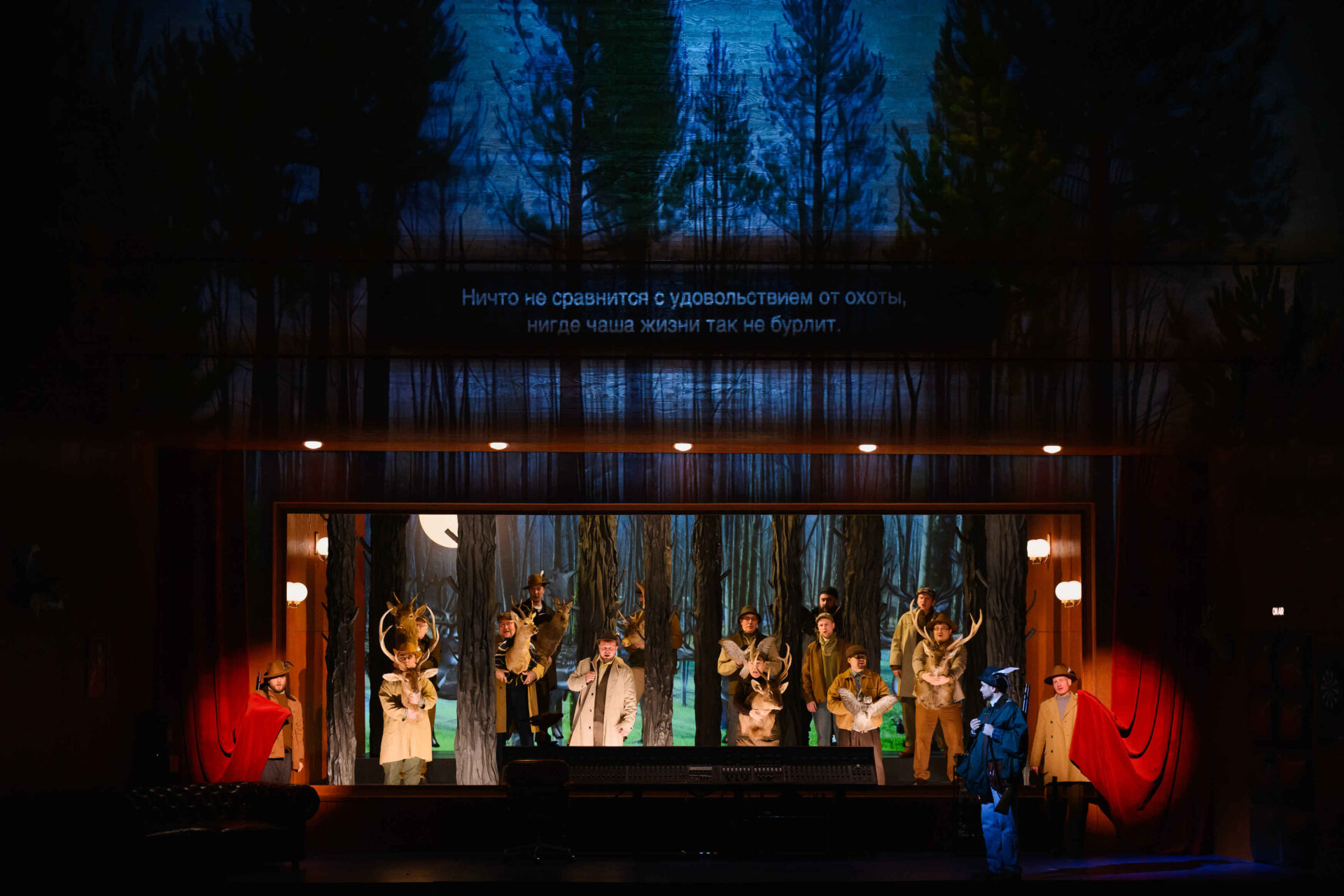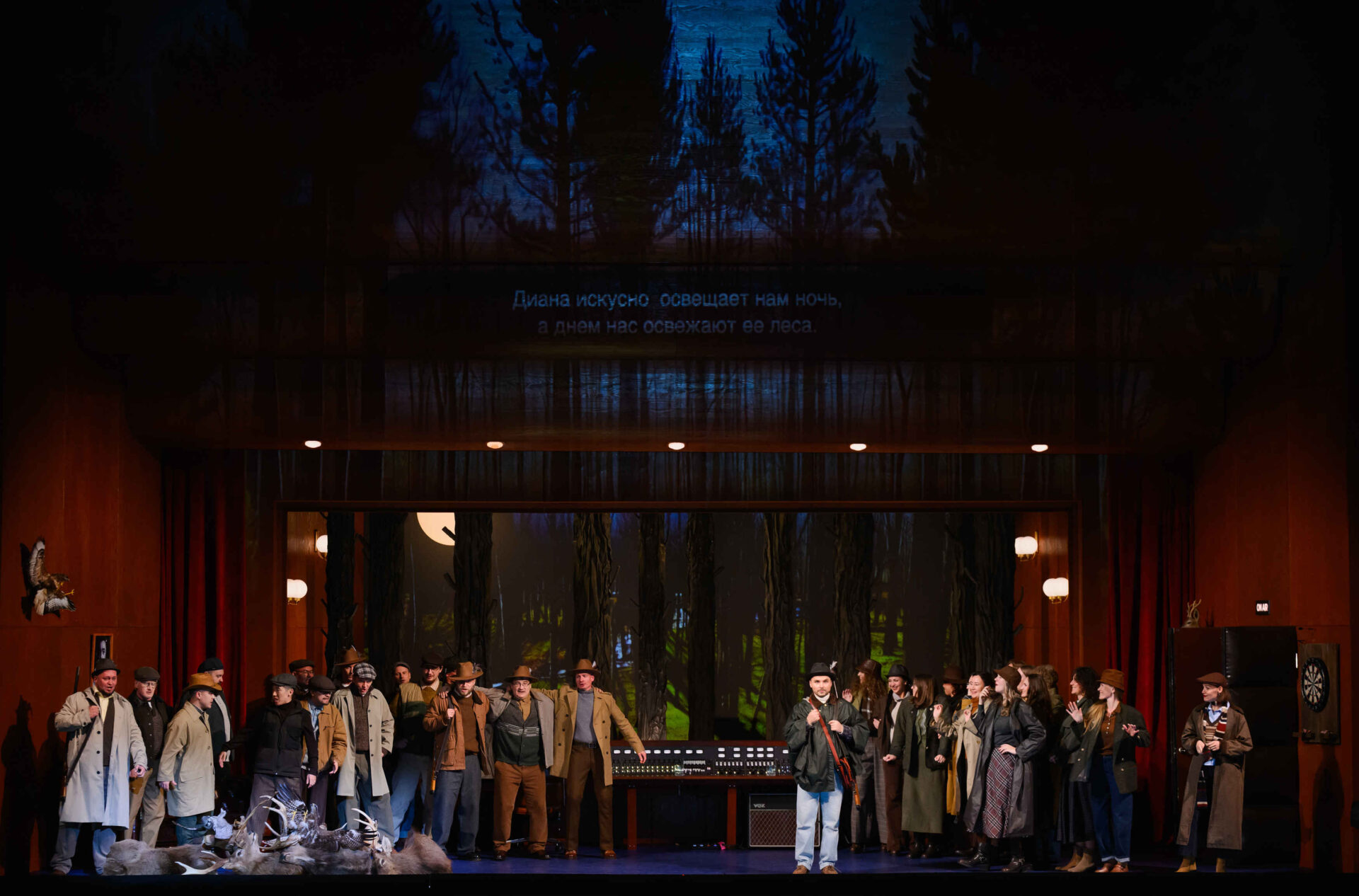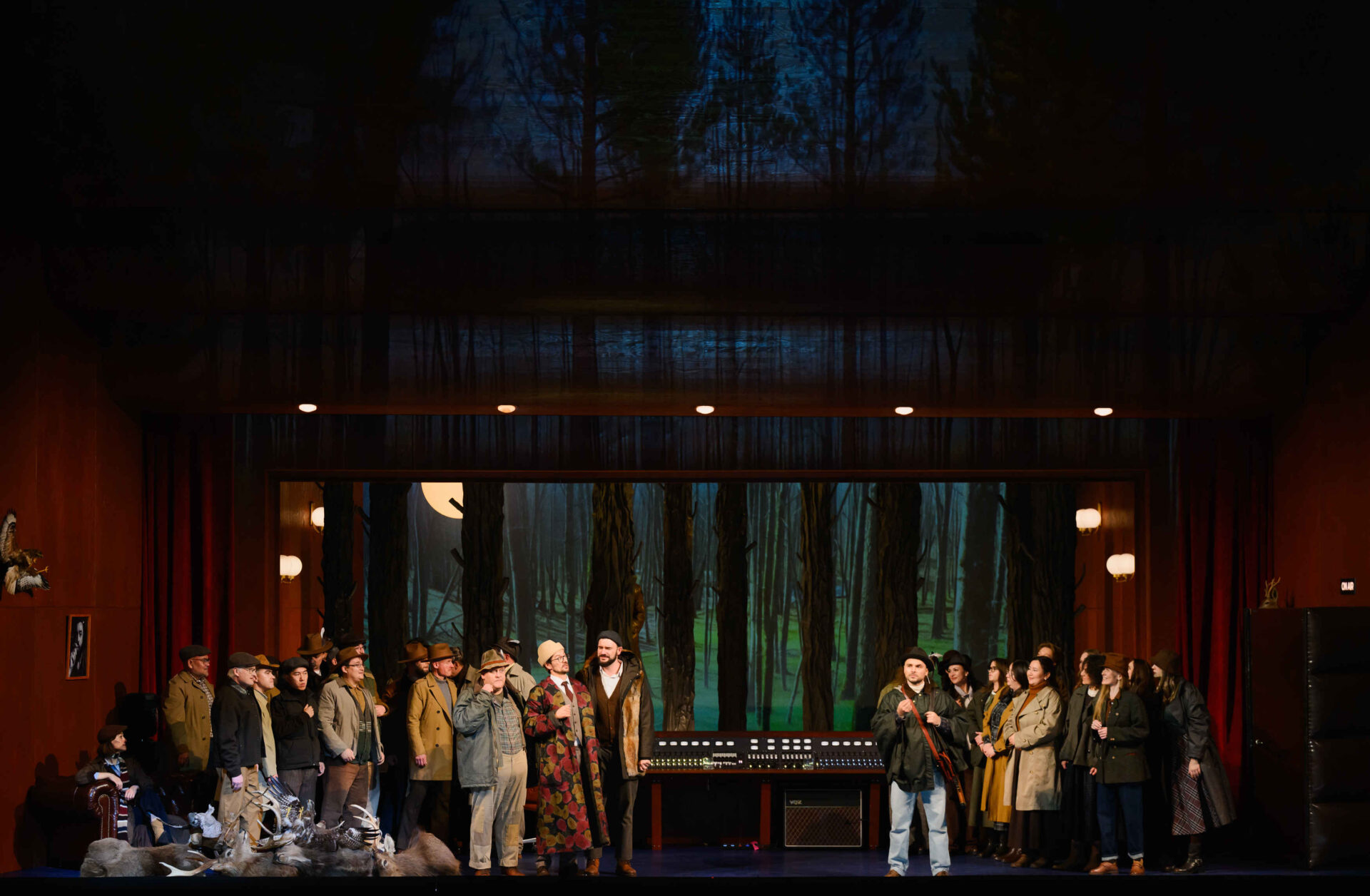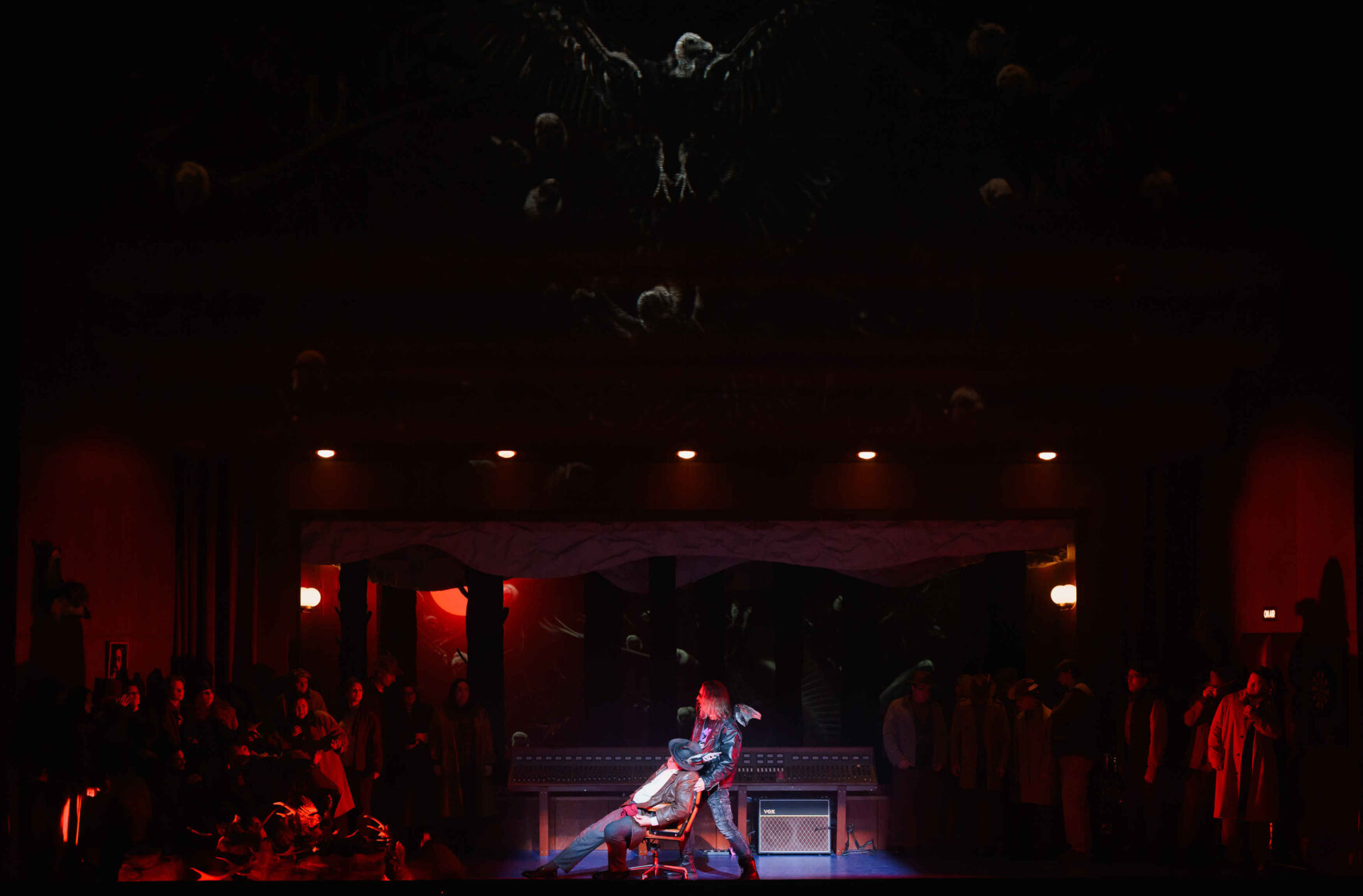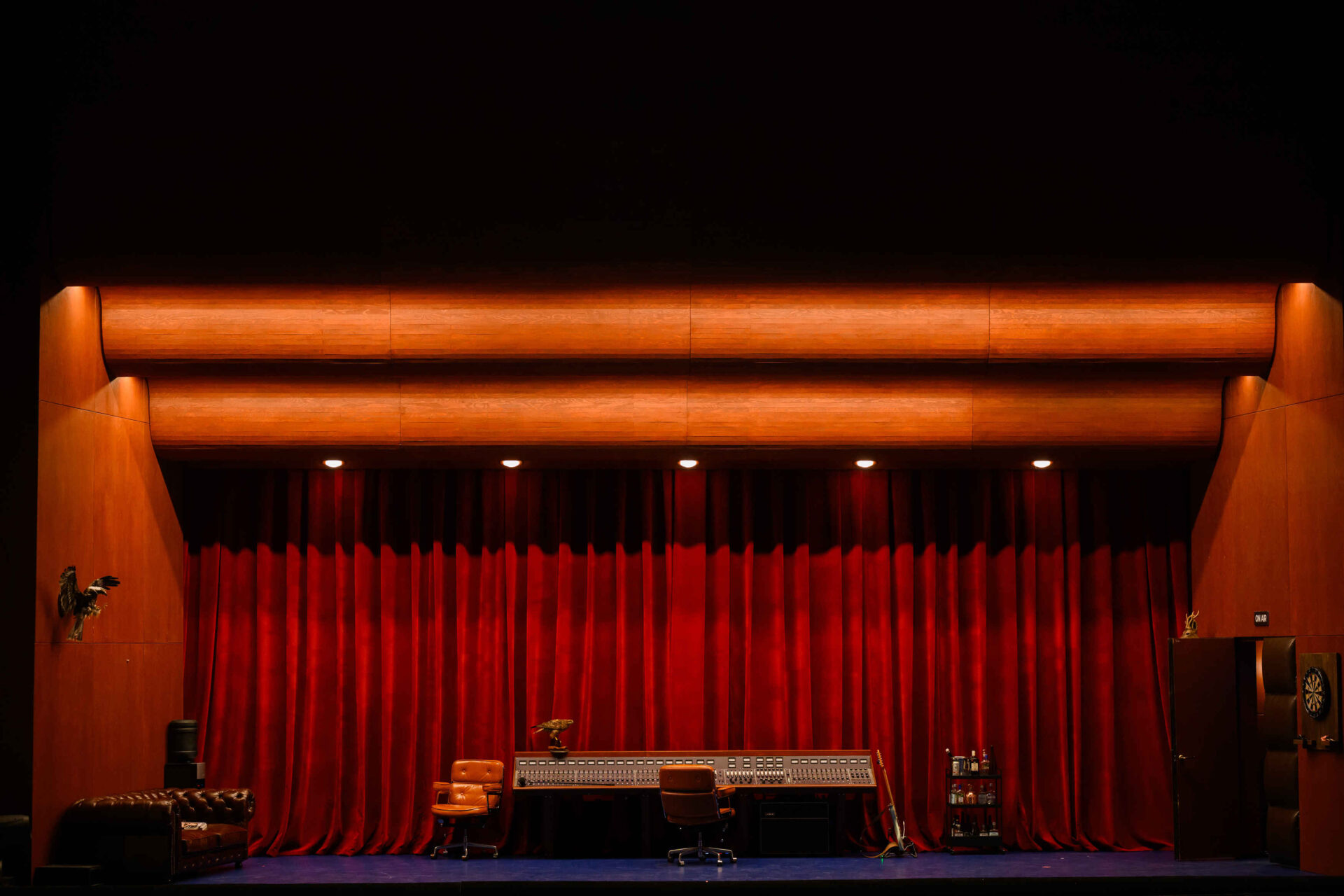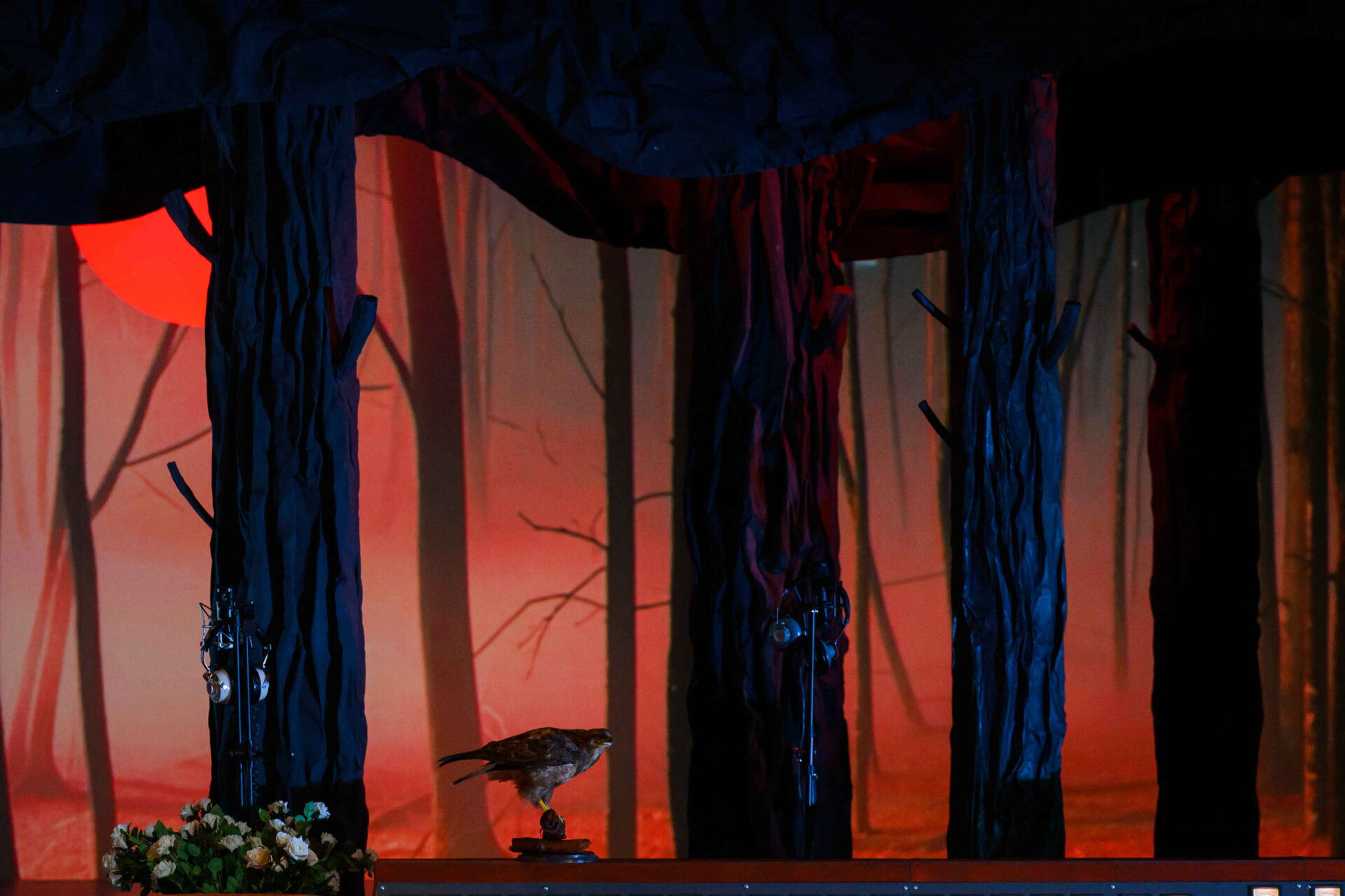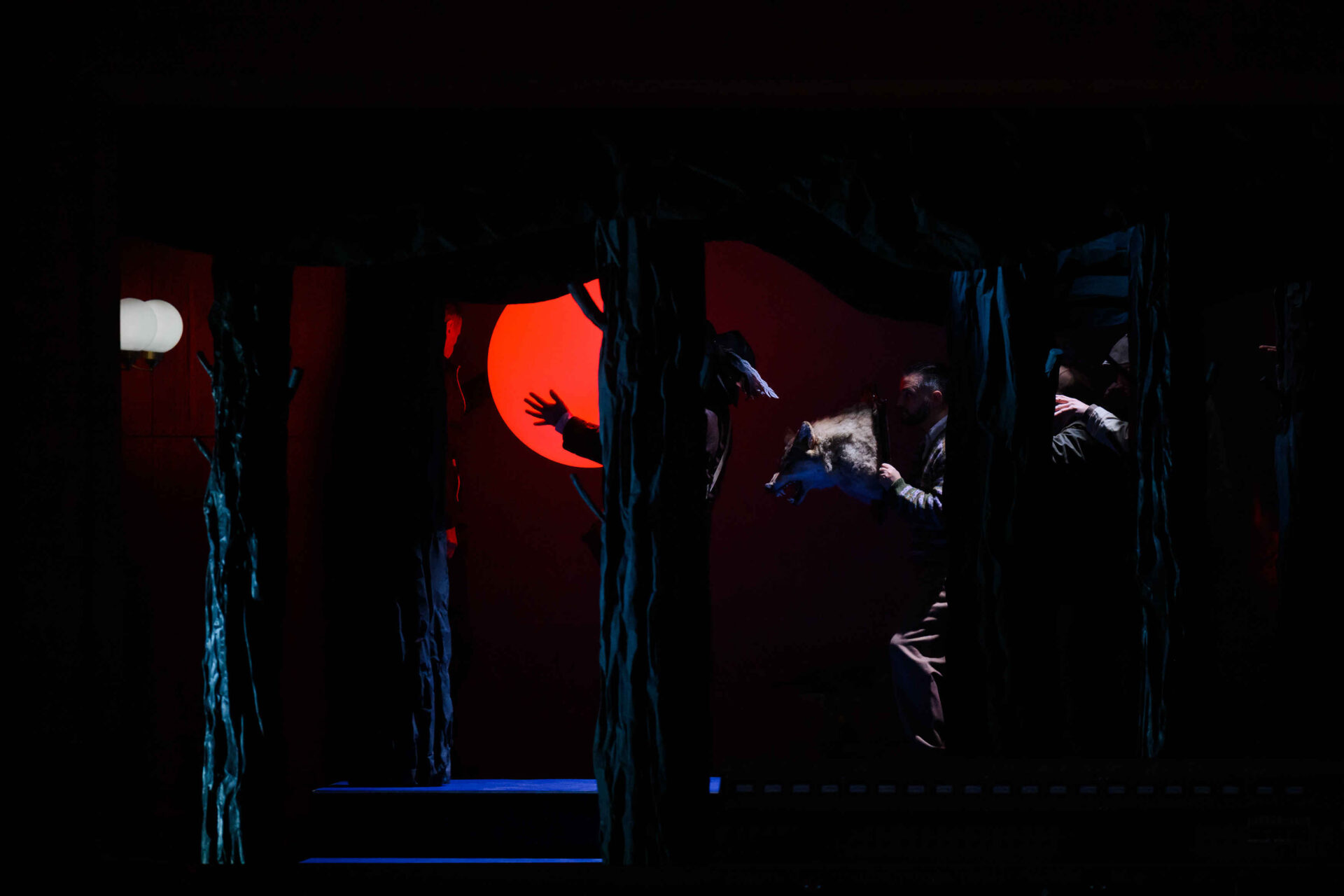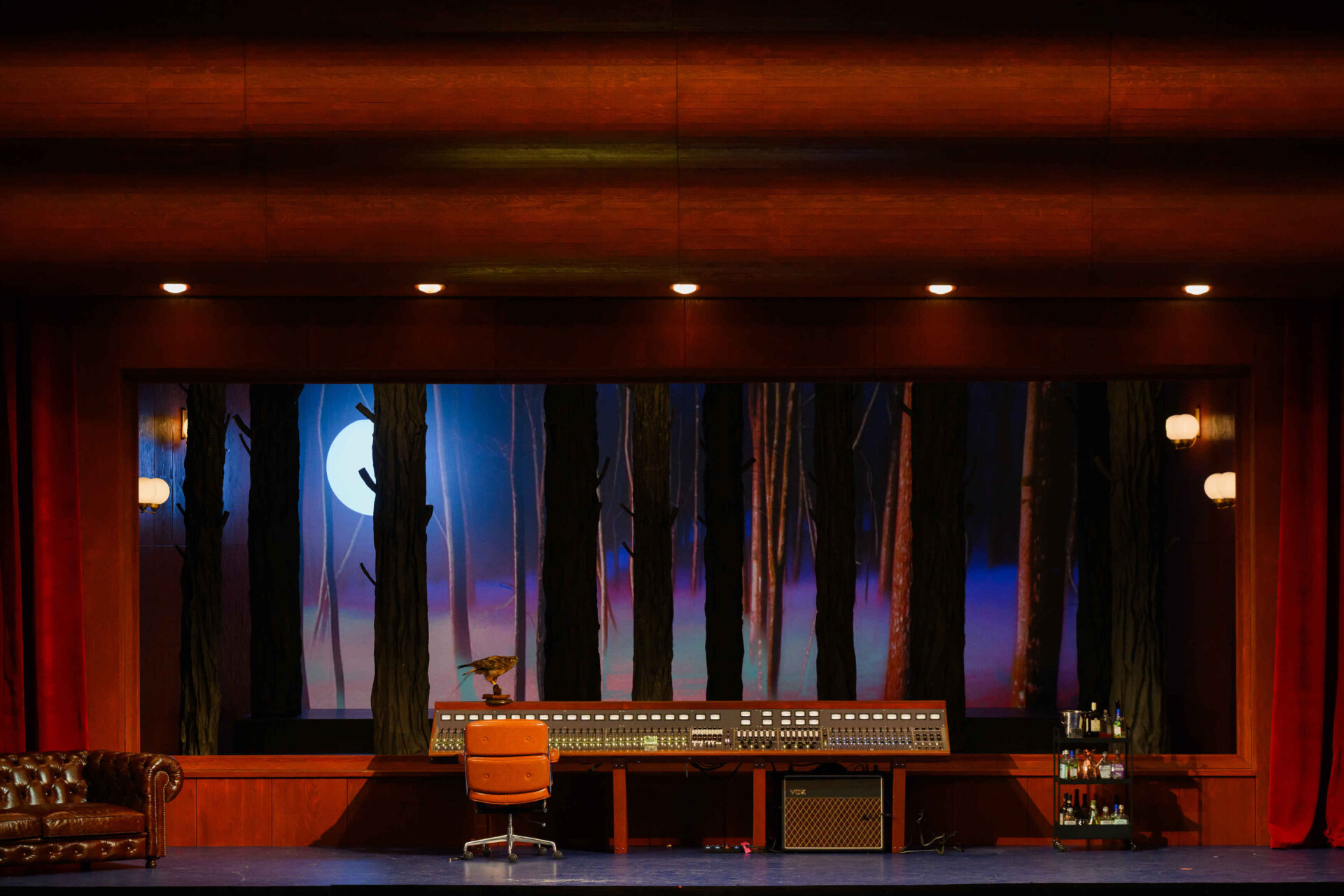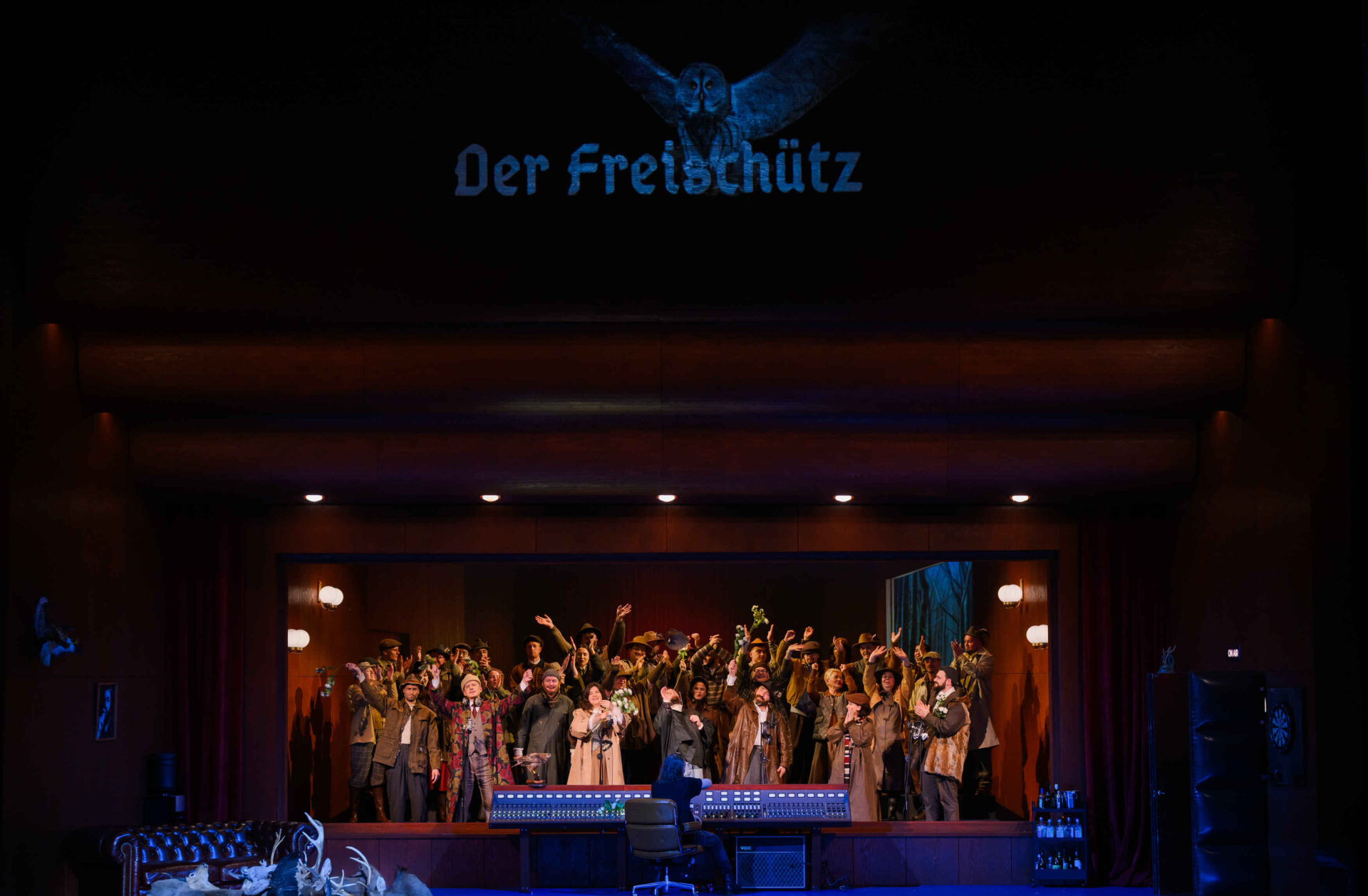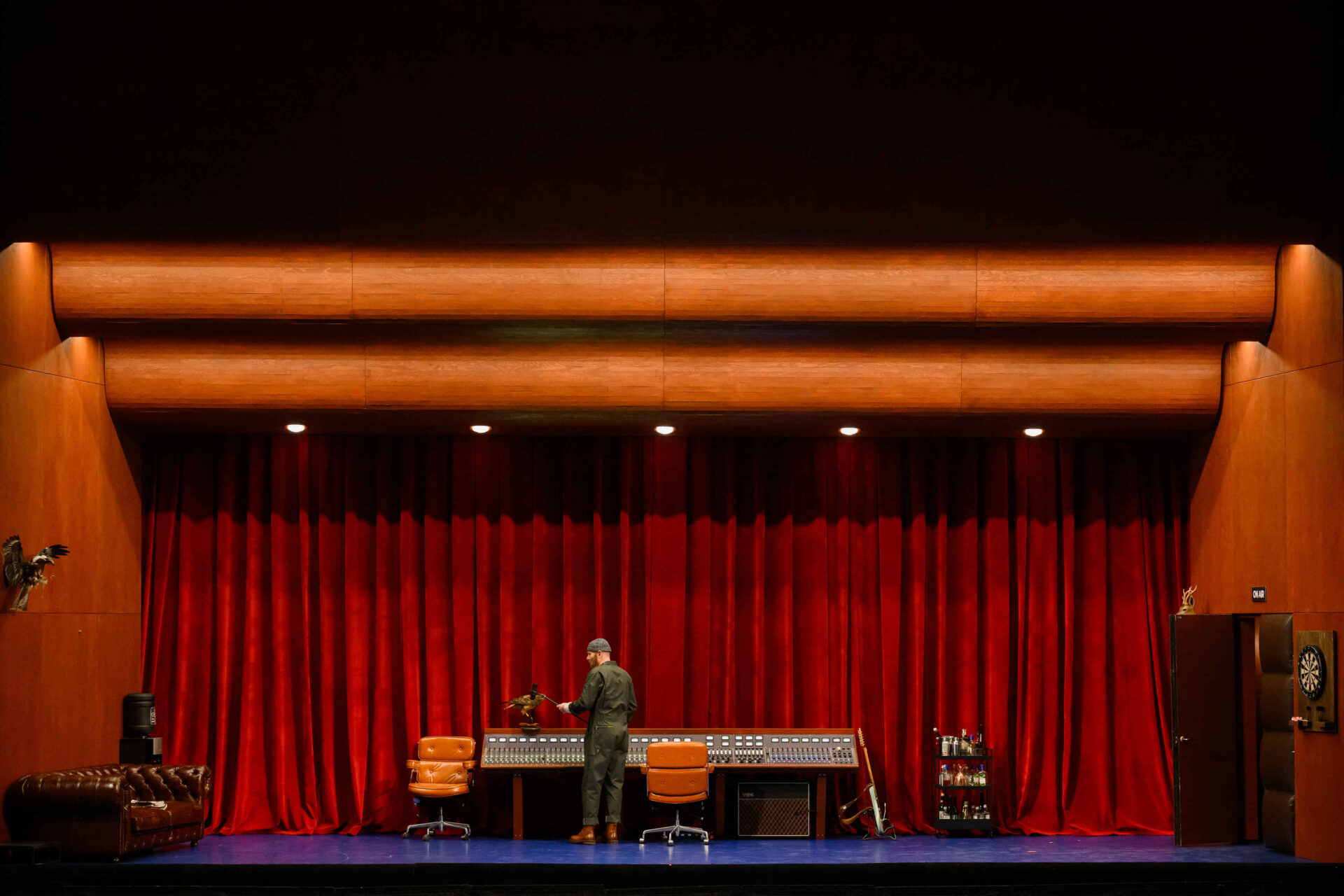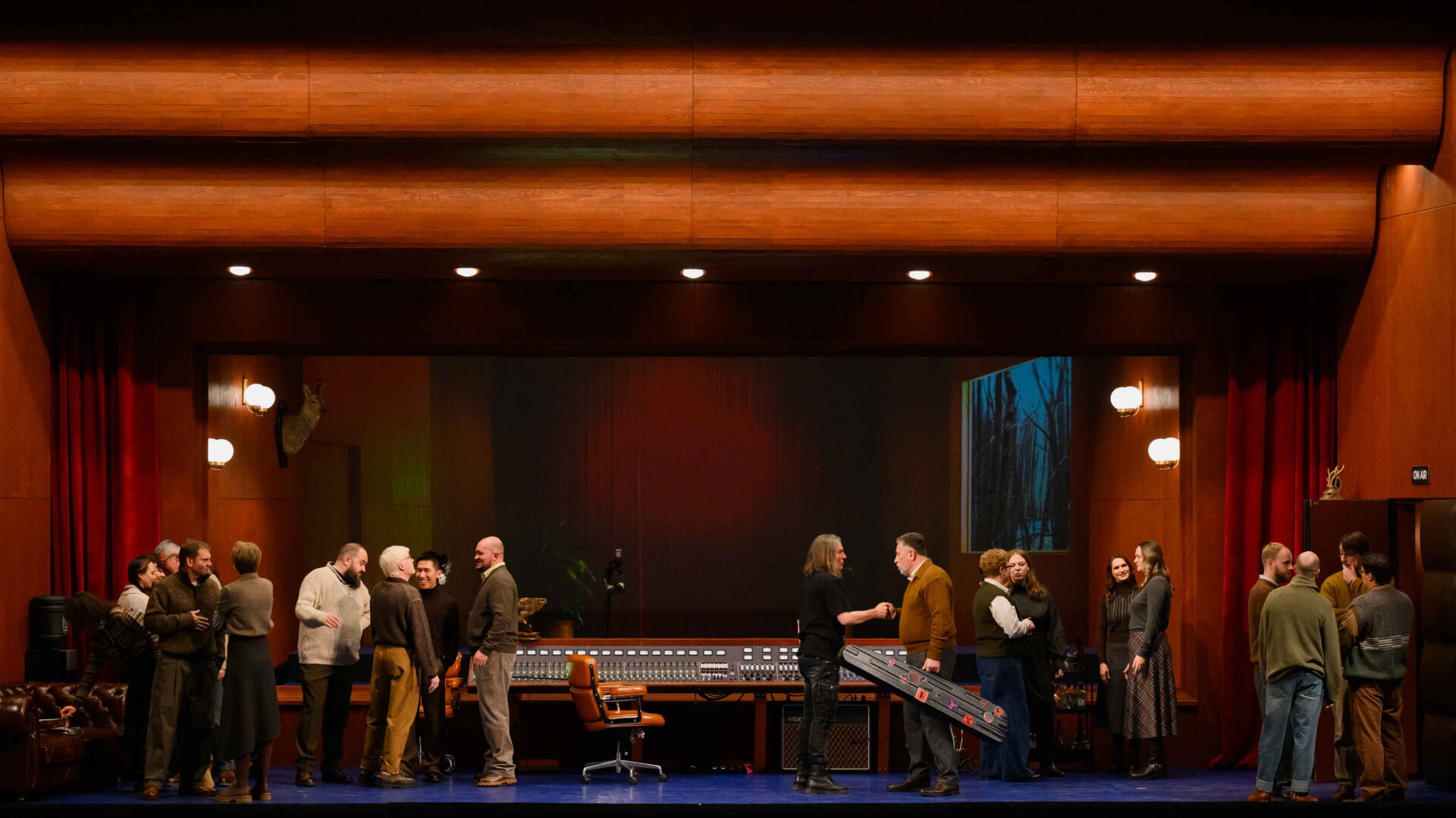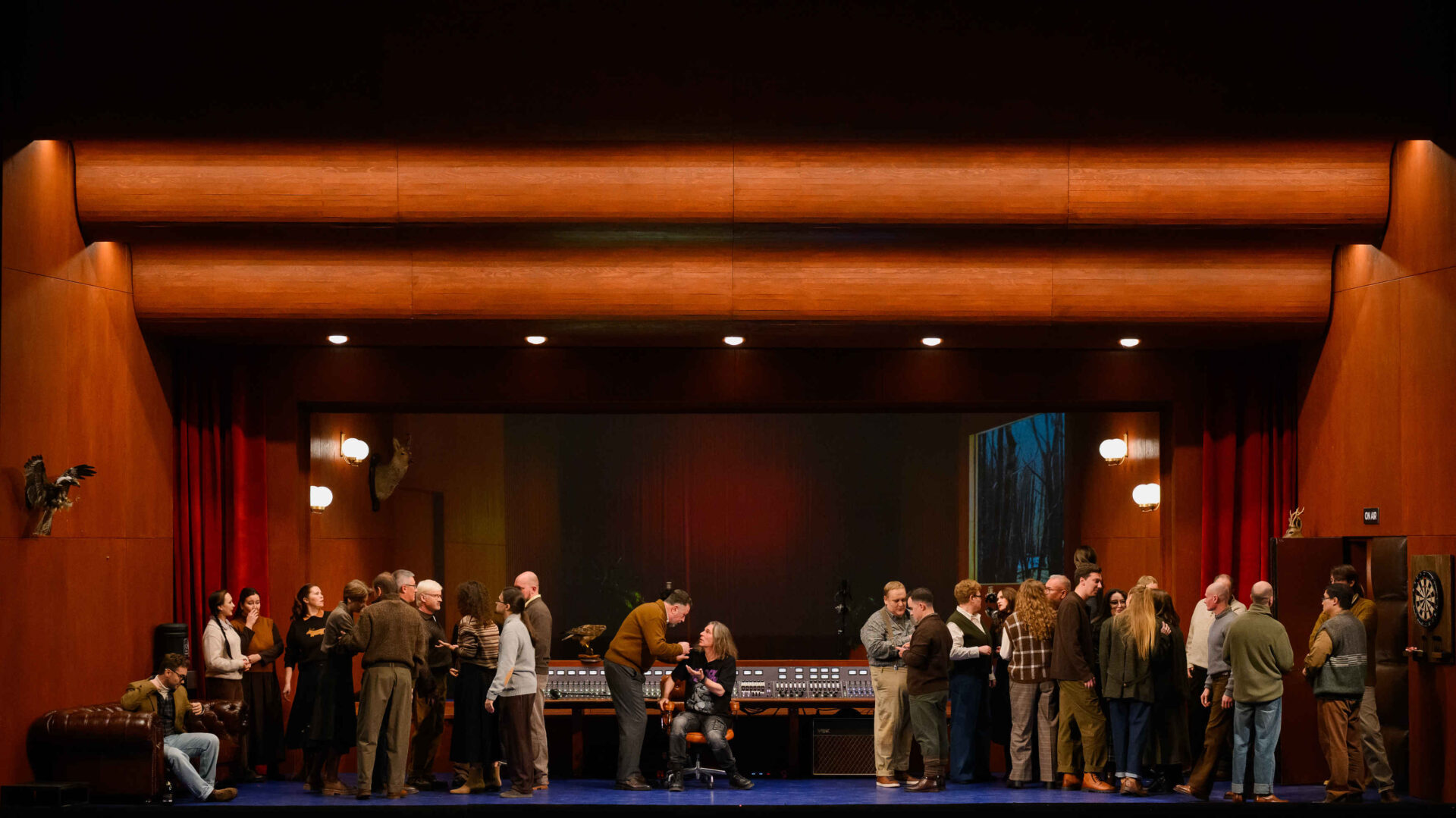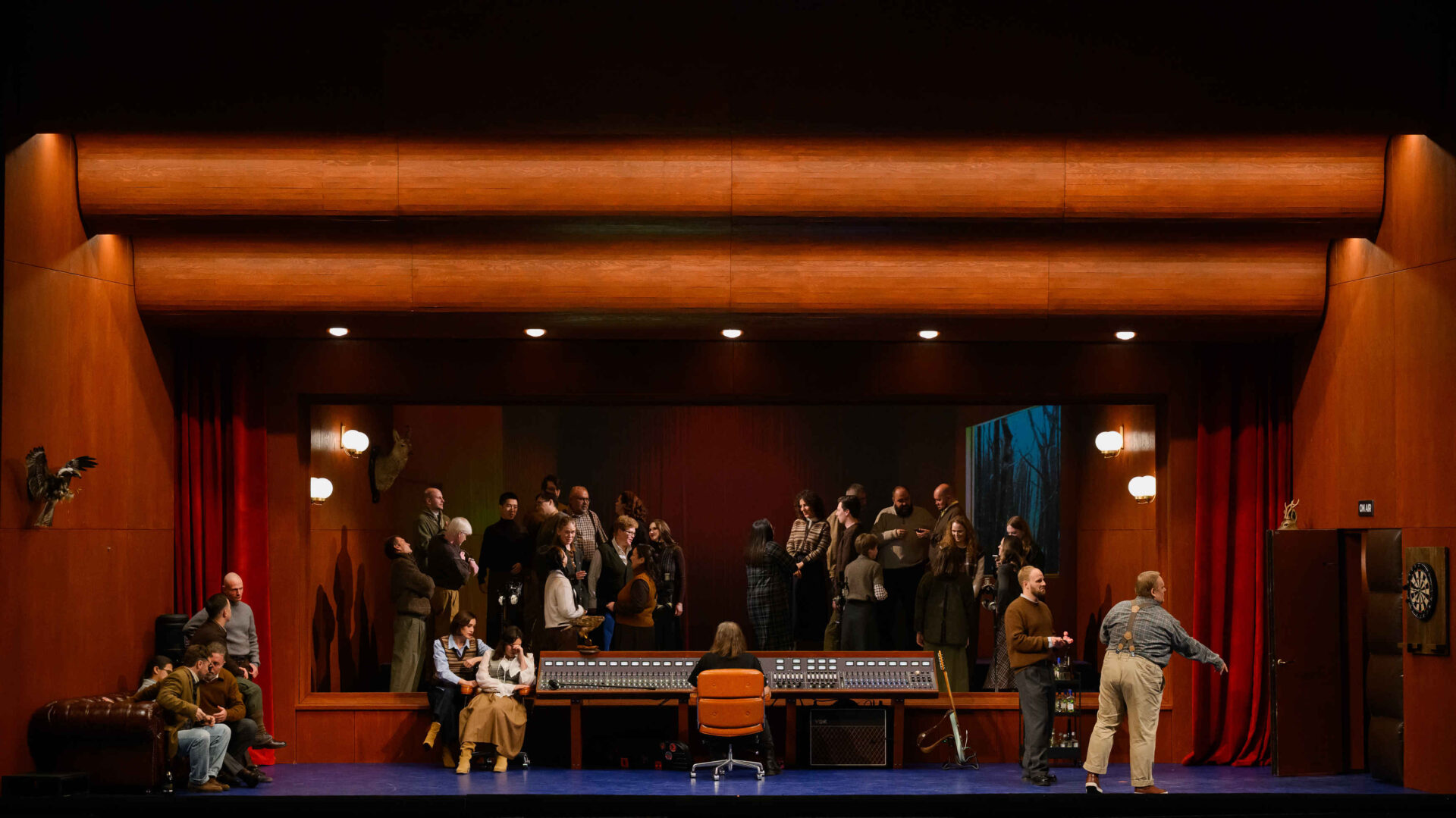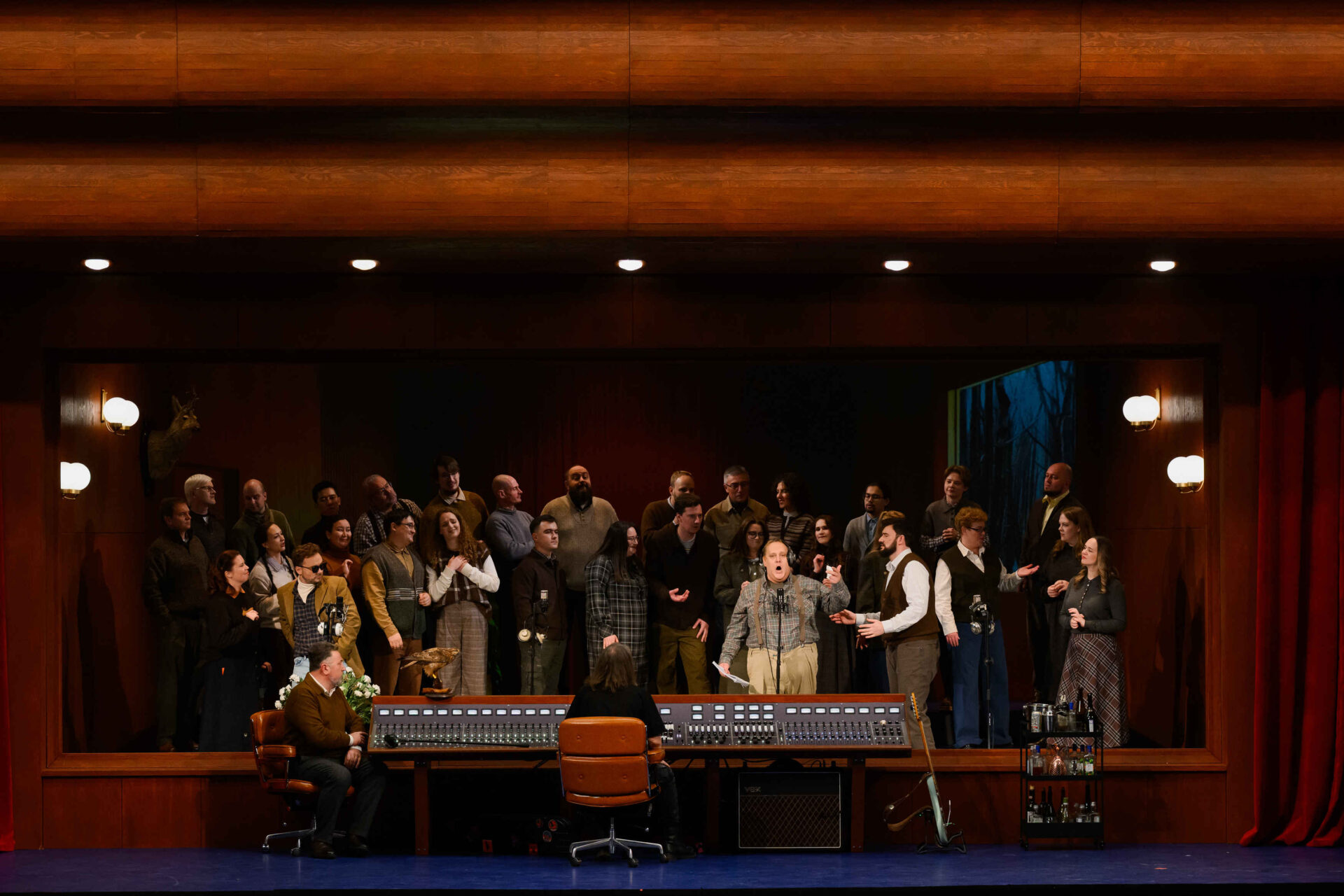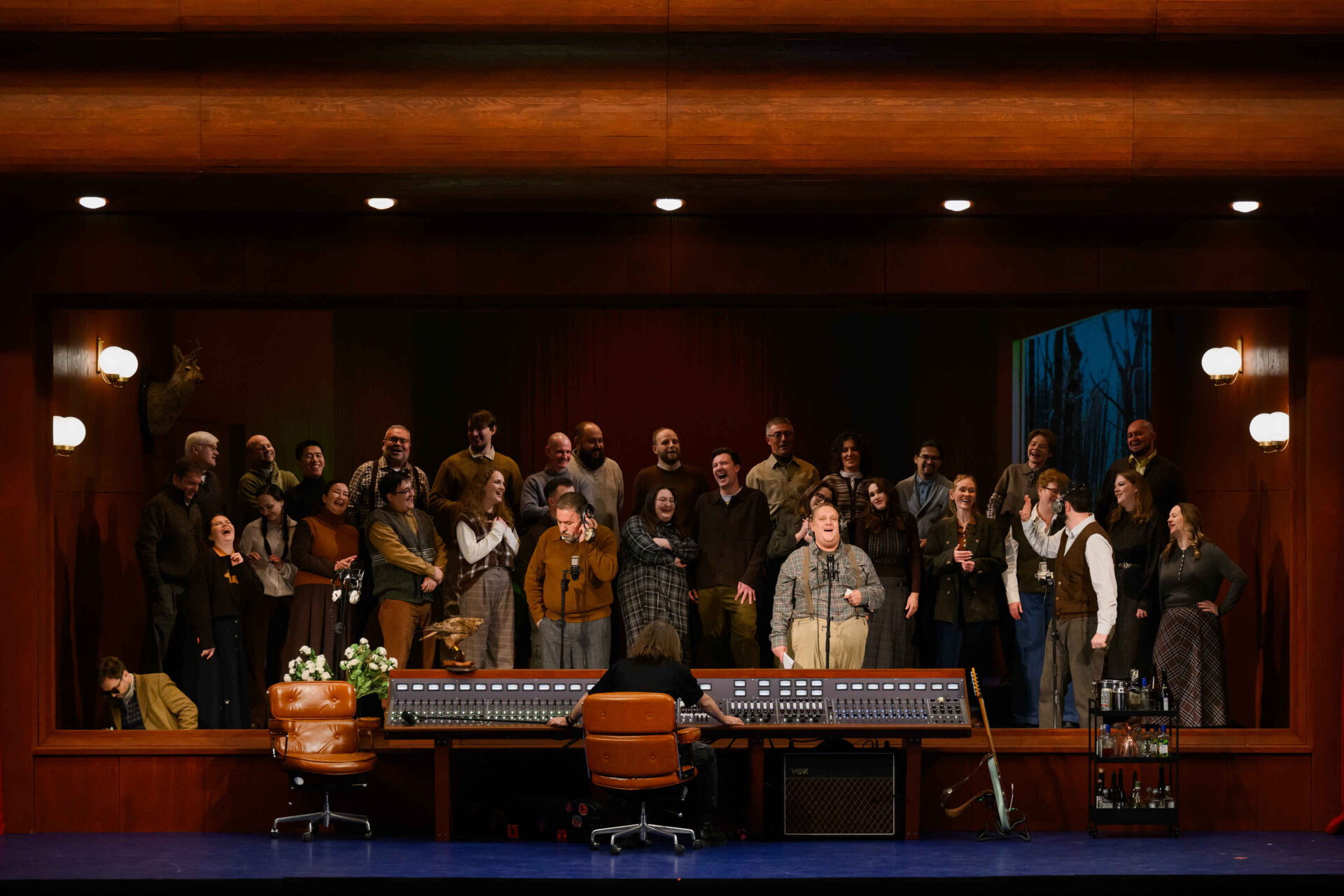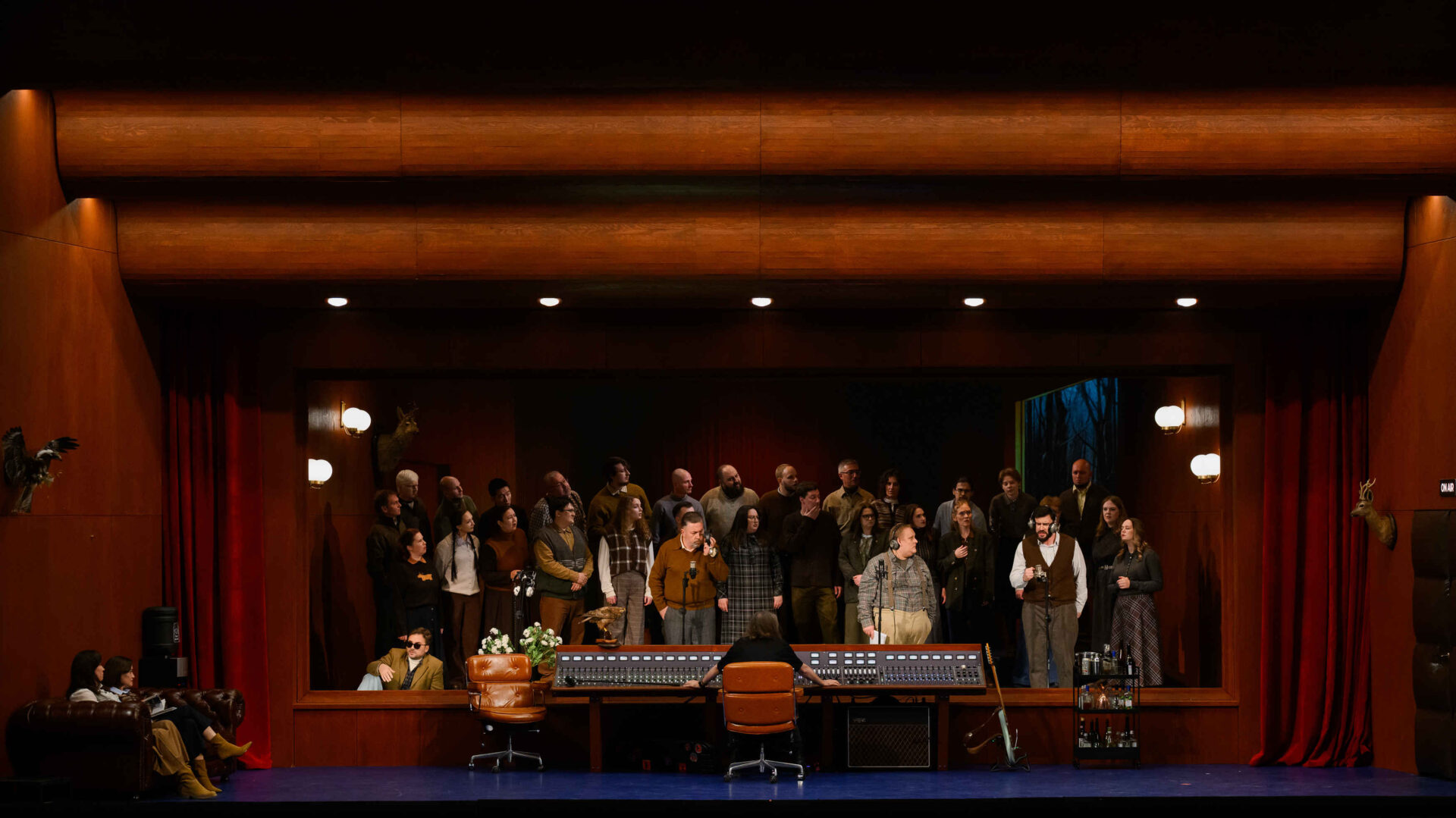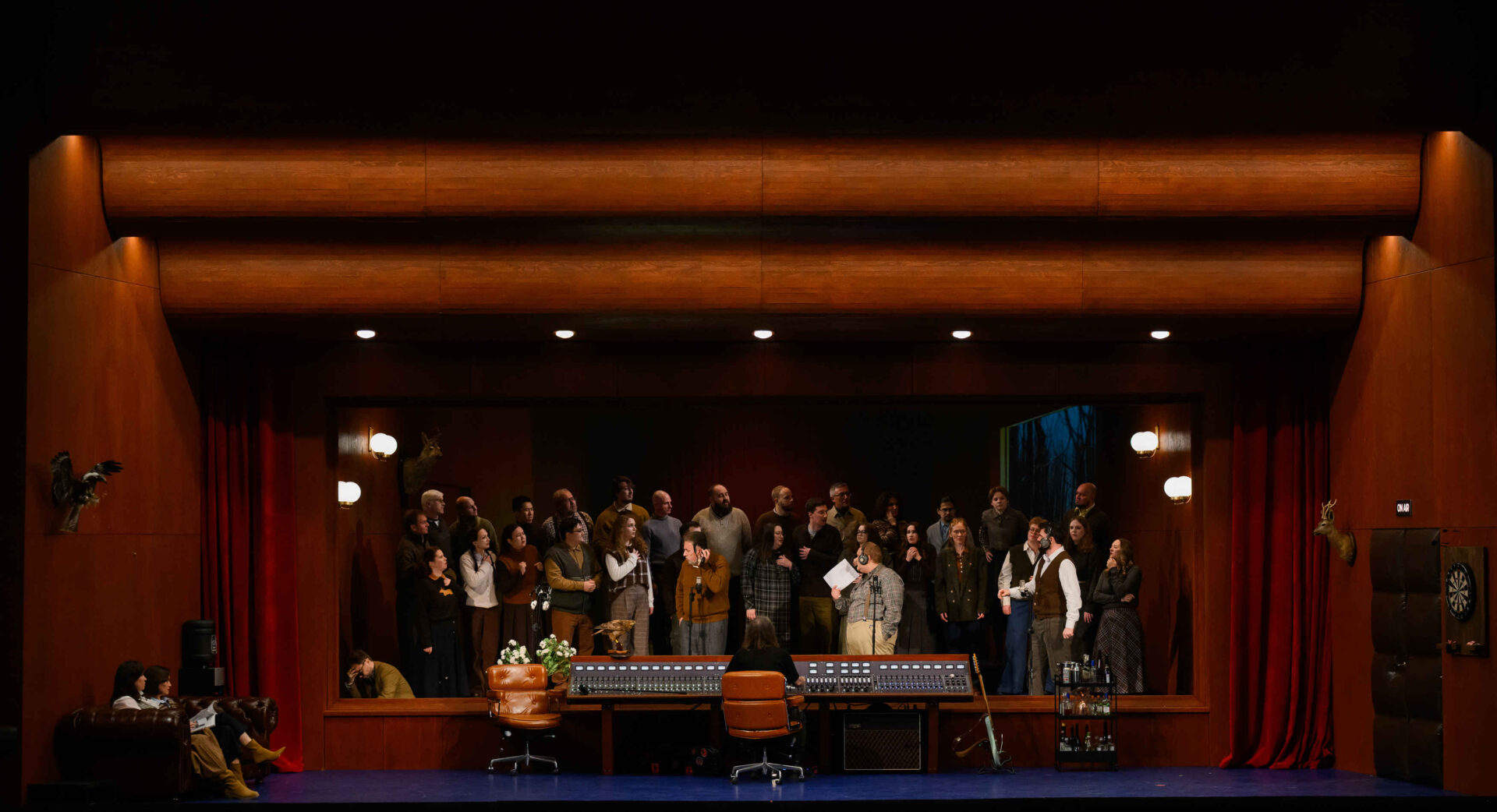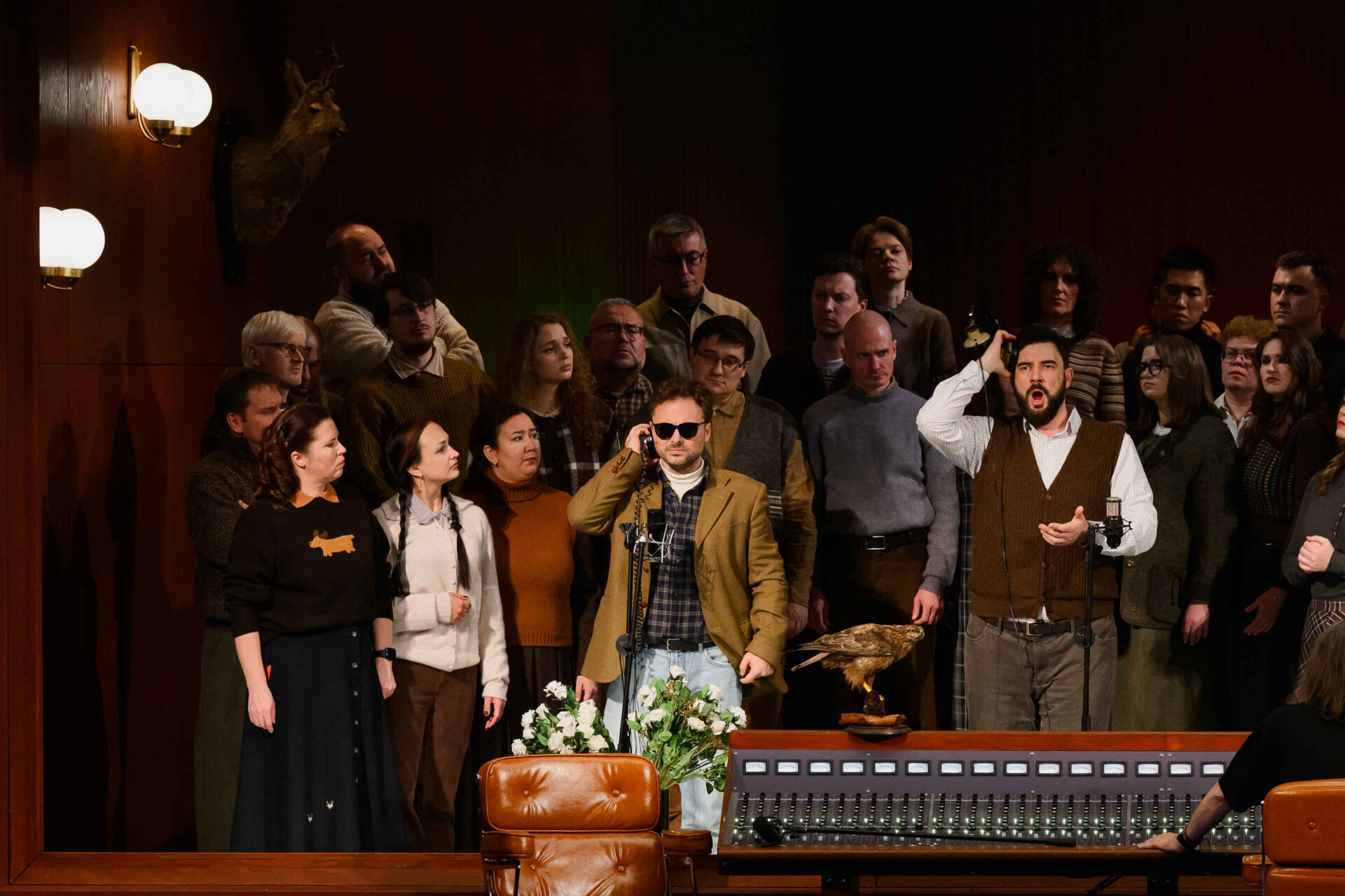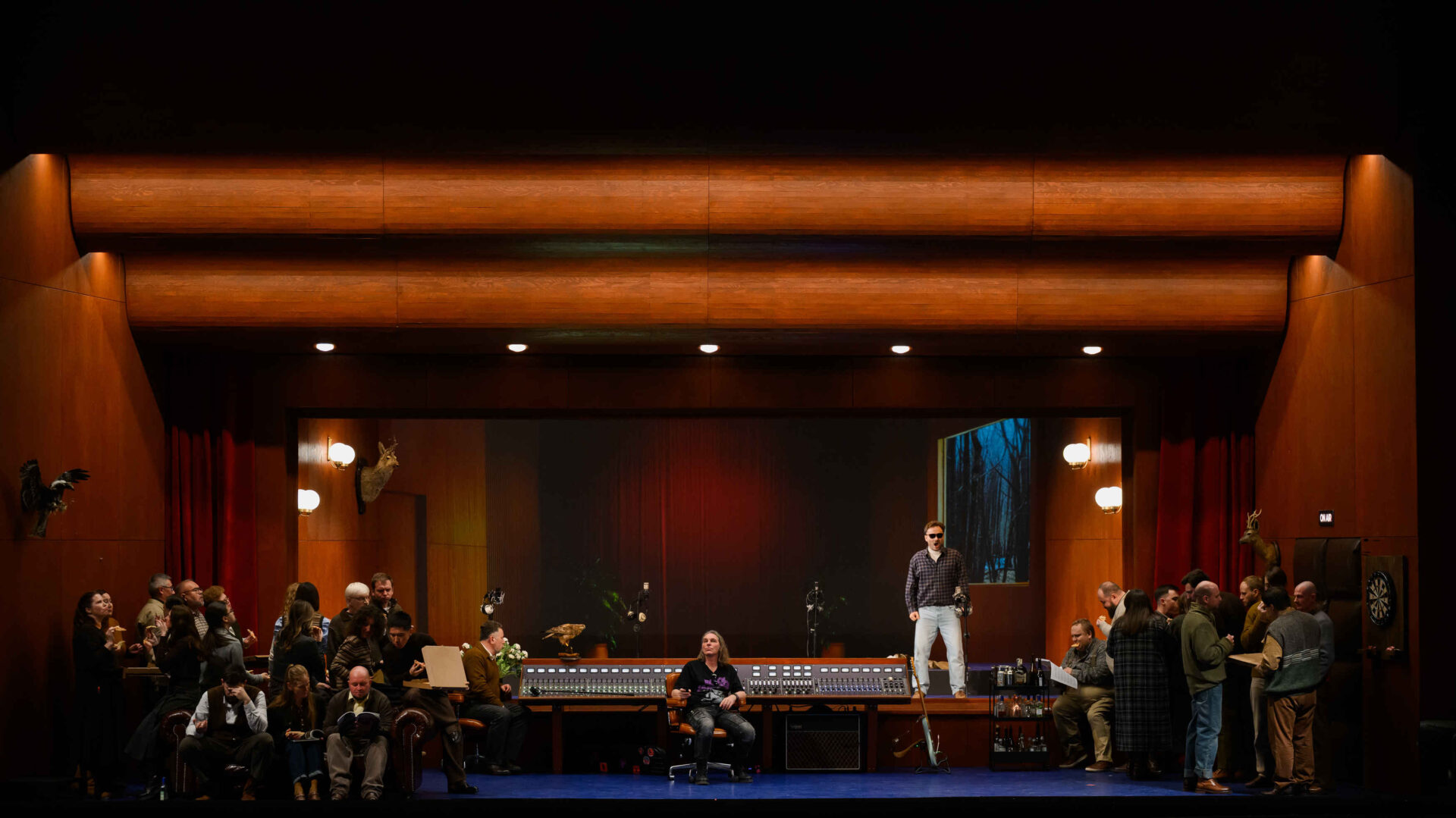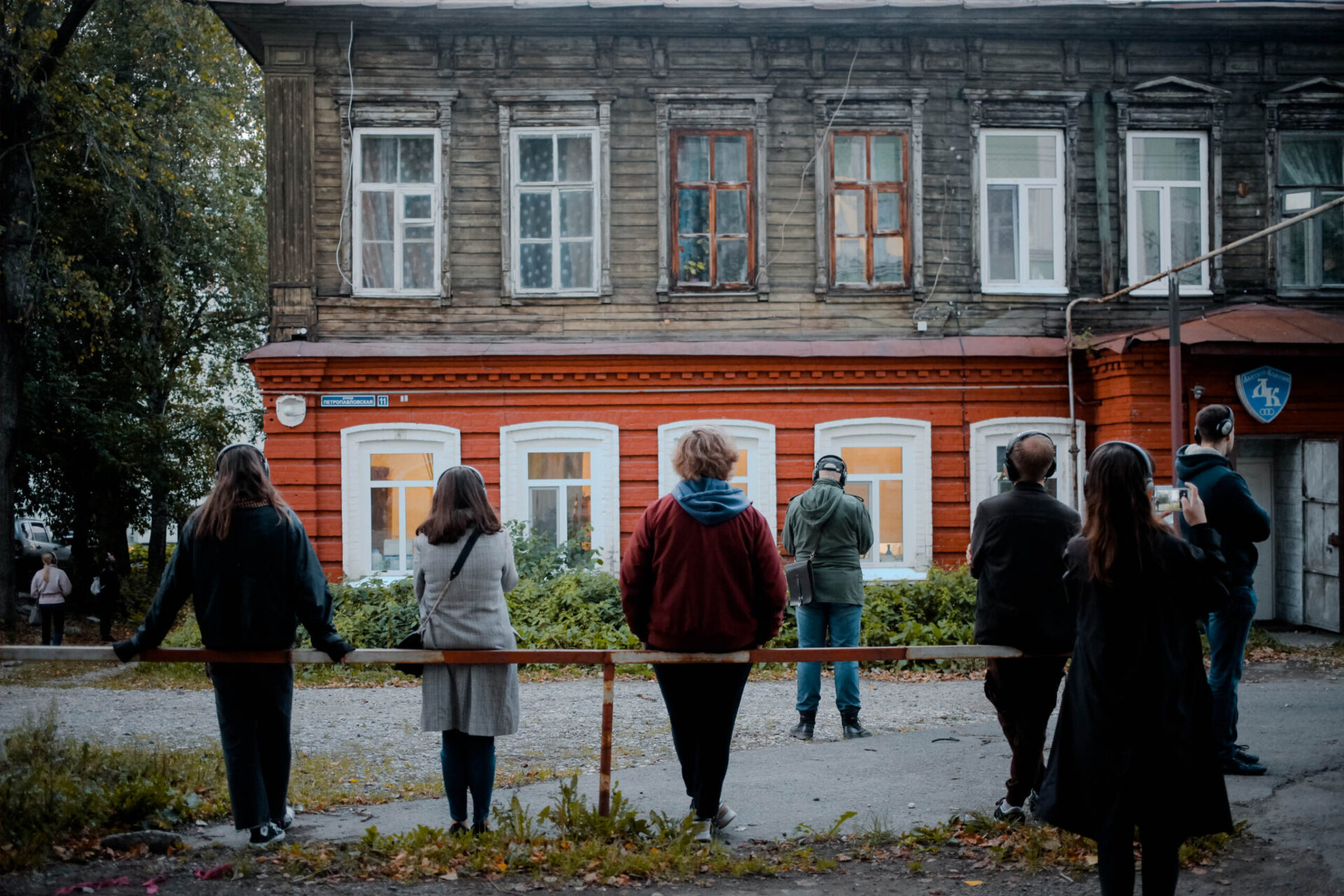
Der Freischütz
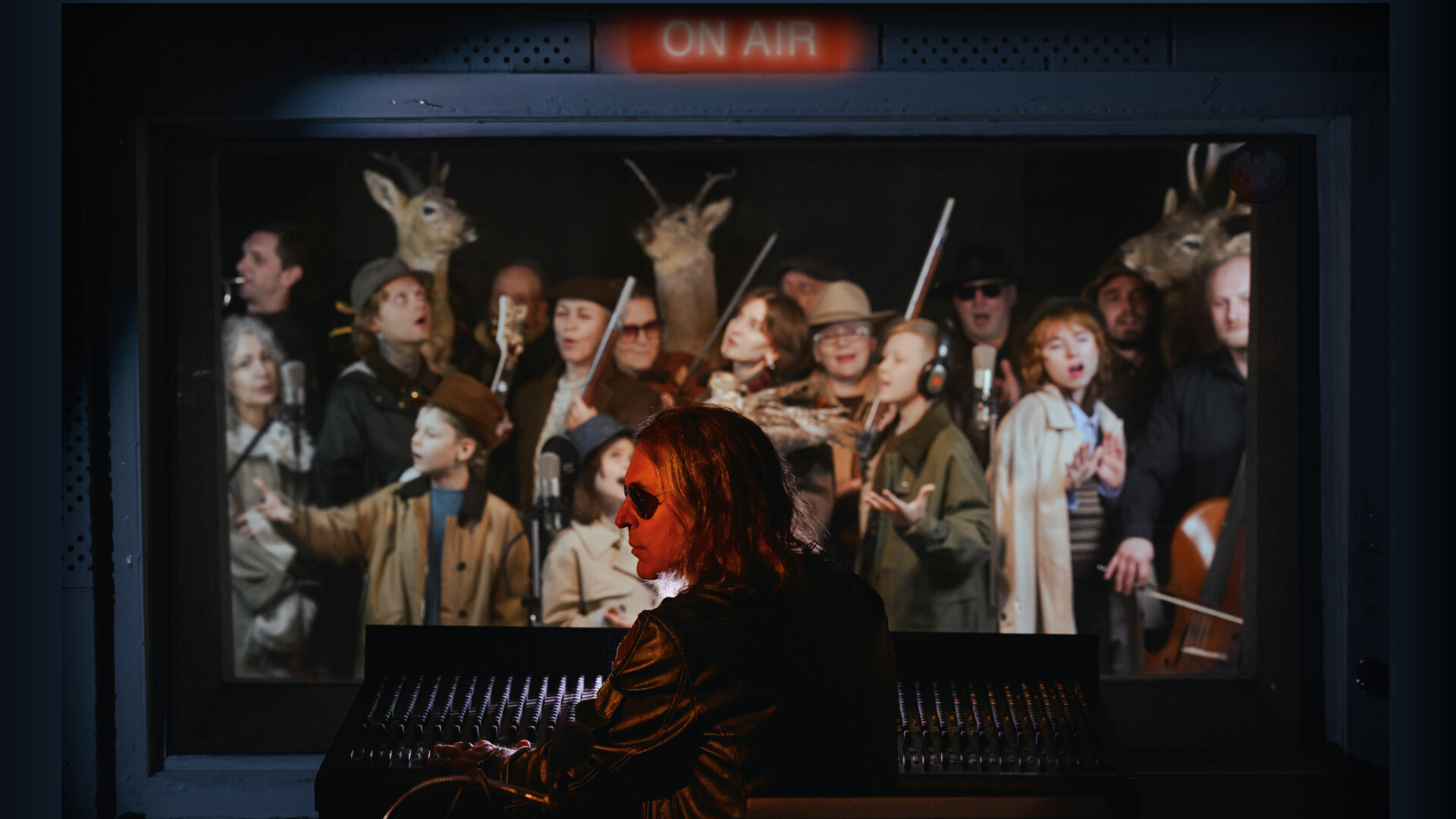
Opera by Carl Maria von Weber
Music for spoken scenes: Oleg Gudachev (2025, commissioned by Perm Opera and Ballet Theatre, world premiere)
Libretto by Johann Friedrich Kind, based on novella of the same name by Johann August Apel and Friedrich Laun
The opera was composed in 1821. This stage version was first performed in Perm in 2025
Performed in German and Russian with Russian surtitles
A manifesto of German Romanticism, Der Freischütz marks the beginning of a new era in the history of European opera. This score remained a source of inspiration for several generations of composers, anticipating the innovations of Wagner and Tchaikovsky—it is no coincidence that the author of Swan Lake and The Queen of Spades called Weber “a master, rivaled only by Mozart.” Interwoven and complementing each other, motifs from folk tales and the Gothic phantasms of early 19th‑century literature form an encyclopedia of the central themes and plots of Romanticism: the coexistence of two worlds, magical transformations affecting both the opera’s characters and their surroundings, the struggle between light and darkness unfolding within the divided soul of the protagonist, who has dared to strike a bargain with the devil. The everyday turns into the supernatural—this principle, essential to the dramaturgy of Der Freischütz, also becomes the key to the production created by director Anton Fyodorov and conductor Petr Beliakin.
Synopsis
I
A young hunter Max is in love with Agathe, the daughter of the head forester, Kuno. Following traditions, he has to win a marksmanship competition in order to marry her. But so far, fortune has favoured the sharpshooting Kilian rather than Max. The young man is overcome with despair: if he loses trial, he loses Agathe as well. Kuno tells a legend about “free” (magic) bullets, whose possessor never misses. Self-doubt increasingly overwhelms Max. This is exploited by the hunter Kaspar, who has sold his soul to the demon Samiel. His pact with the devil is about to expire, and unless Kaspar gives Samiel another man’s soul, he himself will be sent to hell. The treacherous Kaspar persuades Max to meet him at midnight in the Wolf’s Glen to forge magic bullets with the help of dark forces. Despite his fear, Max agrees.
II
Agathe is troubled by dim premonitions. Her friend Ännchen is trying to distract her from her dark thoughts. Agathe says she visited a hermit who warned her of impending danger and gave her roses sprinkled with holy water — they will protect her from evil and misfortune. Concealing the true reason, worried Max sets off for the Wolf’s Glen, leaving frightened Agathe and Ännchen confused.
Midnight. In the Wolf’s Glen, Kaspar summons Samiel. Max appears, and a dark ritual begins: ghosts rage around, lights flicker, spirits talk. Kaspar casts seven bullets. Six of them will hit their target, and the seventh, obedient to the demon, will strike Agathe’s heart. If she dies, her fiancé will become Samiel’s prey — this way Kaspar will not only prolong his life, but also take revenge on the girl who rejected him.
III
The next morning, Max impresses all the hunters with his marksmanship — his bullets hit even barely visible target. Meanwhile, Agathe, in dismay, prepares for the wedding. The trial begins. Prince Ottokar orders Max to shoot a dove perched in a tree. At Kaspar’s instigation, Max has already wasted six bullets on different targets. Max fires his last bullet at the dove, and Agathe, standing nearby, shrieks and falls unconscious. However, the bullet doesn’t hit her, but Kaspar, who is hiding in the bushes. Dying, Kaspar confesses to his conspiracy with Samiel. Ottokar, hearing that one of the competitors used magic, is enraged, but the hermit convinces him to consider Max’s sincere repentance and forgive the young man. Let Max and Agathe’s wedding be postponed for a year, during which time the young man will prove himself worthy of his bride.
Stage Directors
Musical director and conductor
Anton Fyodorov
Stage director, set designer
Maria Doronina
Costume designer
Lighting designer
Alan Mandelshtam
Video artist
Mikhail Myasnikov
Video artist
Valeria Safonova
Production chorus master
Chorus master
Ivan Khudyakov-Vedenyapin
Assistant conductor
Daniil Zhurilov
Assistant conductor
Maria Rubina
Assistant director
Polina Averianova
Assistant set designer
Olga Fedyanina
Libretto and surtitles translation
Ekaterina Protsenko
German language coach


